The Wallace Stegner Center for Land, Resources and the Environment
29th Annual Symposium
The Renewable Energy Transition: Building a Bright Future
March 14-15, 2024
12 hours Utah CLE (pending).
Principal support provided by the R. Harold Burton Foundation and the Cultural Vision Fund. Sponsors include the Nature Conservancy.


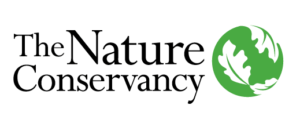
The Stegner Center’s 29th annual symposium will focus on the challenge of transitioning to a carbon-neutral energy system and related sustainability, environmental, and human health concerns. The symposium will address practical questions, like facility siting, transmission, critical mineral development, and permitting reform, as well as concerns about environmental justice, public participation and transparency, and implementing meaningful strategies to avoid, reduce and minimize impacts to communities and ecological resources.
2024 Energy Transition Symposium Fees
Early bird discount for registrations received before March 4
Last Day for Refunds or Changes to Registration is March 4
$110 Public, early rate in-person
$135 Public, late rate in-person
$55 Public, early rate virtual
$55 Public, late rate virtual
$85 Seniors, Univ, NGOs early rate in-person
$110 Seniors, Univ, NGOs late rate in-person
$55 Seniors, Seniors, Univ, NGOs early rate Virtual
$55 Seniors, Seniors, Univ, NGOs late rate Virtual
$25 Students early or late, in-person
$10 Students early or late, virtual
Recordings will be released to attendees shortly after the event.
Directions We encourage you to use public transportation to our events. Take TRAX University line to the Stadium stop and walk a half block north. For other public transit options use UTA’s Trip Planner. The law school is on the Red Route for the University’s free campus shuttles (College of Law stop).
Driving instructions are available here: http://law.utah.edu/library/about-the-library/directions/
Parking Free parking is available at the Rice-Eccles Stadium lot (signs are posted at each entrance to the lot). Please park in any available “A” or “U” permit parking stall in the lot. A moratorium has been placed on the parking lot, so parking is free, and no parking permits are necessary. Do not park at a parking meter, as these stalls will be ticketed.
Check your inbox for the Zoom links. If you cannot find the email, contact communications@law.utah.edu or events@law.utah.edu.
7:30 a.m. — Registration & Continental Breakfast
8:30 a.m. — Welcome & Introductory Remarks
Welcome: Elizabeth Kronk Warner, Jefferson B. & Rita E. Fordham Presidential Dean and Professor of Law, University of Utah S.J. Quinney College of Law
Introduction:Bob Keiter, Distinguished Professor and Director, Wallace Stegner Center, University of Utah S.J. Quinney College of Law
Symposium Roadmap: Brigham Daniels, Professor of Law, University of Utah S.J. Quinney College of Law
9:10 a.m. — Planning for Better Permitting
(Keynote) Eric Beightel, Executive Director of the Permitting Council (Federal Permitting Improvement Steering Council)
9:50 a.m. — Forging a Path to a Clean Energy Future
(Keynote) Alexandra B. Klass, James G. Degnan Professor of Law, University of Michigan Law School
10:30 a.m. — Break
11:00 a.m. — Ongoing Efforts to Transition to Renewable Energy (Panel Discussion)
Danielle Endres, Director Environmental Humanities Program and Professor of Communication, University of Utah (Moderator)
Ranjit Deshmukh, Assistant Professor, Environmental Studies Program and the Bren School of Environmental Science and Management, UC Santa Barbara
Erin Overturf, Clean Energy Director, Western Resource Advocates
Heather Payne, Professor of Law, Seton Hall University School of Law
Frederic Sourgens, James McCulloch Chair in Energy Law, Director, Tulane Energy Law Center
12:30 p.m. — Lunch
1:30 p.m. — Facility Siting (Panel Discussion)
Lincoln L. Davies, Dean & Frank R. Strong Chair in Law. Michael E. Moritz College of Law, The Ohio State University (Moderator)
Michael Dax, Western Program Director, Wildlands Network
Jon Eagle Sr., Tribal Historic Preservation Officer, Standing Rock Sioux Tribe
Matthew Eisenson, Senior Fellow, Sabin Center for Climate Change Law at Columbia Law School
Amanda Smith, Vice President, External Affairs, The AES Corporation
3:00 p.m. — Break
3:30 p.m. — Electric Transmission (Panel Discussion)
Alexandra B. Klass, James G. Degnan Professor of Law, University of Michigan Law School (Moderator)
Jennifer Gardner, President & Founder, Envision Energy
Masood Parvania, Roger P. Webb Endowed Professor in Electrical and Computer Engineering, the University of Utah
Matthew Shapiro, CEO, rPlus Hydro
Pilar M. Thomas, Partner, Quarles & Brady; Professor of Practice, University of Arizona School of Law
5:00 p.m. — Adjourn
8:00 a.m. — Registration & Continental Breakfast
8:30 a.m. — Welcome
Bob Keiter, Director and Distinguished Professor, Wallace Stegner Center, University of Utah S.J. Quinney College of Law
8:40 a.m. — Symposium Roadmap
Brigham Daniels, Professor of Law, University of Utah S.J. Quinney College of Law
8:55 a.m. — Critical Minerals (Panel)
Alan D. Eastman, PhD, Co-founder and Inventor, GreenFire Energy, Inc. (Moderator)
Steven Feldgus, Principal Deputy Assistant Secretary – Land and Minerals Management, U.S. Department of the Interior
Rachel Hampton, PhD, Lead Exploration Geologist, Lithium Americas Corp.
Jamie Pleune, Associate Professor of Law (Research), S.J. Quinney College of Law, University of Utah; Interim Director, Law & Policy Program, Wallace Stegner Center for Land, Resources, and the Environment
Bryony Richards, Ph.D., Senior Research Scientist, Energy & Geoscience Institute, University of Utah
10:30 a.m. — Break
11:00 a.m. — Federal Permitting (Panel Discussion)
Lingxi Chenyang, Associate Professor of Law, University of Utah S.J. Quinney College of Law (Moderator)
David E. Adelman, Harry Reasoner Regents Chair in Law, The University of Texas School of Law
Edward (Ted) Boling, Partner, Perkins Coie LLP
Amy Coyle, Deputy General Counsel at White House Council on Environmental Quality
Rebecca Higgins, Chief of Staff of the Permitting Council (Federal Permitting Improvement Steering Council)
Jamie Pleune, Associate Professor of Law (Research), S.J. Quinney College of Law, University of Utah; Interim Director, Law & Policy Program, Wallace Stegner Center for Land, Resources, and the Environment
12:30 p.m. — Lunch
1:30 p.m. — Energy Transition in Utah
Becky Johnson, Assistant General Counsel, rPlus Energies, LLC (Moderator)
Mason Baker, CEO & General Manager, Utah Associated Municipal Power Systems
Michelle Campeau, Renewable Energy Program Coordinator, Bureau of Land Management
Tony Martines, Commissioner, Carbon County
Christine Mikell, Founder and Principal, Enyo Renewable Energy
Sarah Wright, CEO, Utah Clean Energy
3:20 p.m. — Our Energy Future (Stegner Lecture)
Lincoln L. Davies, Dean & Frank R. Strong Chair in Law. Michael E. Moritz College of Law, The Ohio State University
4:00 p.m. — Adjourn
The Stegner Center is pleased to be joined by our friends and local bookseller The King’s English Bookshop at this year’s symposium. The Bookshop is joining us in-person and has put together a full list of books on topics related to the symposium, including several books authored by our speakers.
Coming soon!
Utah Clean Energy For over 20 years, Utah Clean Energy has spearheaded some of the most far-reaching and impactful climate and clean energy policies in Utah. They are recognized as one of Utah’s leading public interest organizations, successfully expanding renewable energy, energy efficiency, electric transportation, and climate leadership in Utah
Thoughts? We want to hear them all. We’re excited that you registered for The Future of the Great Salt Lake symposium and would like your feedback about the event and for future programming. Please take a moment to complete our short survey (coming soon).
12 hours Utah CLE (pending). Fill out this form to receive CLE credit.
Use this link for the CLE certificate.
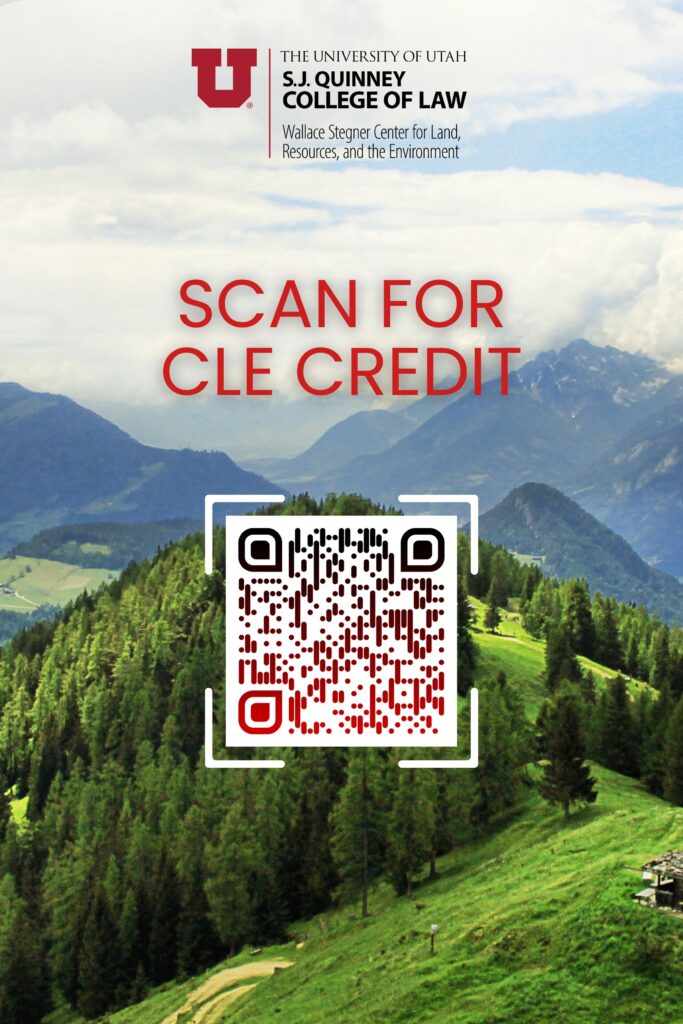
Speaker Bios
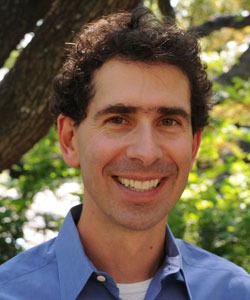

David E. Adelman teaches and writes in the areas of environmental law, intellectual property law, and climate change policy. Professor Adelman’s research focuses on the many interfaces between law and science. His articles have addressed such topics as the implications of emerging genomic technologies for toxics regulation, the tensions between legal and scientific evidentiary standards in regulatory decision making, and development of effective policies for promoting innovation relevant to addressing climate change. Professor Adelman clerked for the Honorable Samuel Conti of the United States District Court for the Northern District of California. Before entering academia, he was an associate with the law firm Covington & Burling in Washington, D.C., where he litigated patent disputes and provided counsel on environmental regulatory matters, and a Senior Attorney with the Natural Resources Defense Council also in Washington, D.C. Professor Adelman was an Associate Professor of Law at the University of Arizona Rogers College of Law from 2001 to 2009.
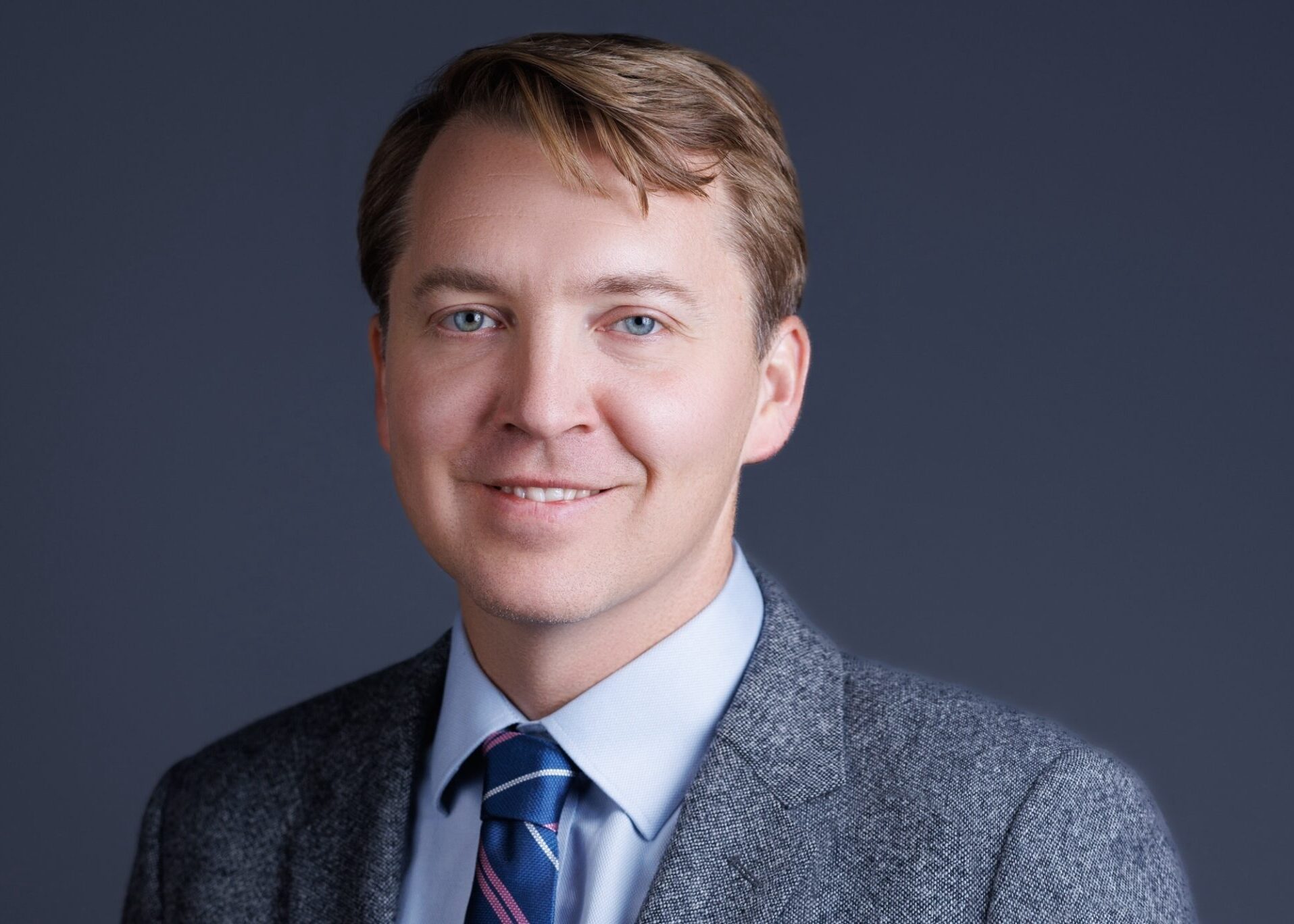

Mason Baker was appointed as the Chief Executive Officer and General Manager for UAMPS in January 2023. He joined UAMPS in September 2011 as the Chief Legal Officer and spent his first 12 years of employment involved in the operations of UAMPS’ 16 projects as well as overseeing all legal functions. Mason holds a Juris Doctorate with a certificate in environment and natural resources law from the University of Utah and a Bachelor’s degree in philosophy from Colorado College. He is the past Chair of the Board of the Salt Lake Climbers Alliance. Mason enjoys spending time with his two young sons and rock climbing throughout the West with his wife and two dogs.
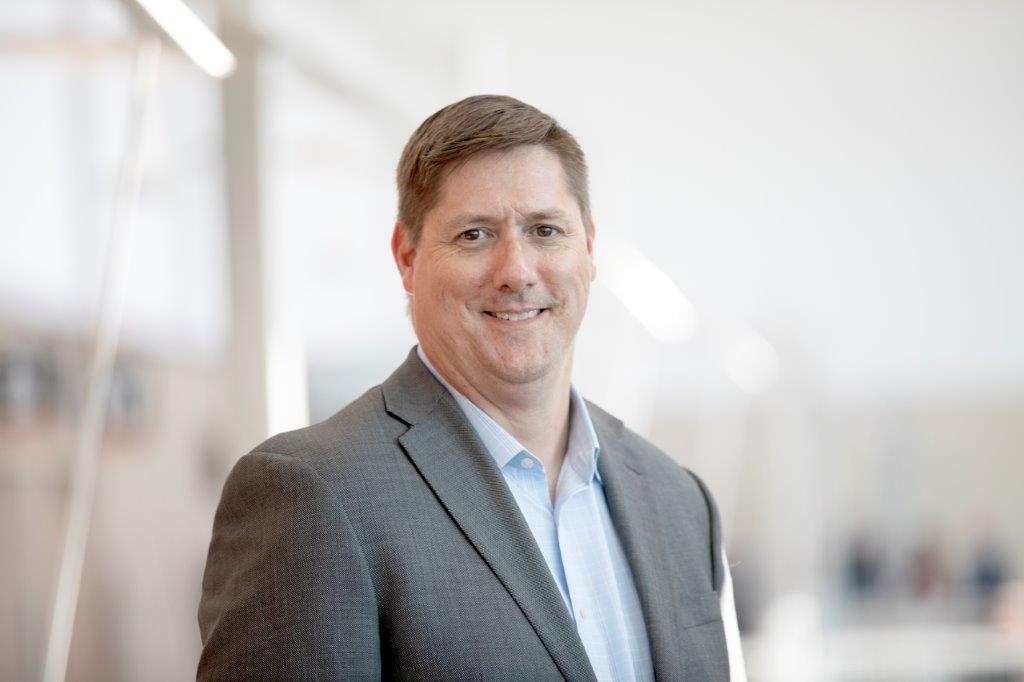

A nationally recognized expert in the environmental and infrastructure fields, Eric Beightel brings more than 20 years of experience to the Permitting Council as the Executive Director. Beightel’s extensive public and private sector experience honed his command of the National Environmental Policy Act and his capacity for solving complex environmental permitting problems on the local, state, and national level. His federal experience includes serving as a senior environmental policy advisor at the Department of Transportation and as a policy advisor at the Office of Management and Budget, where he developed an expertise in federal permitting and the review for major infrastructure projects. Beightel went on to work for WSP, USA as a senior director and vice president, and HDR, Inc. as an associate vice president and national lead for Infrastructure Policy and Environmental Strategy.
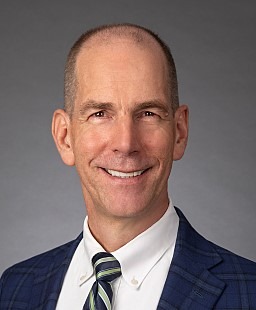

Edward (Ted) Boling advises clients on renewable energy projects, resource development, transportation, and infrastructure. With more than 30 years of high-level public service, Ted served at the White House Council on Environmental Quality (CEQ), in the U.S. Department of the Interior (DOI), and in the U.S. Department of Justice (DOJ) in both Democratic and Republican administrations. His experience includes deep involvement in the environmental review and authorization of federal infrastructure projects, environmental mitigation and conservation programs, and leadership of the comprehensive revision of CEQ’s National Environmental Policy Act (NEPA) regulations. Ted works with companies, agencies, and nongovernmental organizations that must navigate regulatory and funding programs to advance renewable energy, transmission, transportation, critical minerals, and manufacturing projects. His work includes:
- Offshore wind development projects and policy advocacy for industry and conservation organizations.
- Transmission projects planned and designed to bring renewable energy to market.
- Water resource projects that are necessary to meet the demands of a changing climate.
- Semiconductor manufacturing facilities that are eligible for funding under the CHIPS and Science Act.
- Critical minerals projects that advance domestic production goals and watershed restoration needs.
Ted’s work at CEQ included the development of the National Ocean Policy, CEQ’s climate change guidance, and the use of environmental management systems. At DOI, Ted handled matters involving energy development on the outer continental shelf, including offshore wind power development, and the fast track for solar and wind energy projects on public lands. He has provided legal and policy advice on environmental issues concerning the Federal Columbia River Power System and the California Central Valley Project. At DOJ, in the first 10 years of his career, Ted litigated significant cases involving NEPA, endangered species, marine mammals, wetland protections, and management of the public lands.
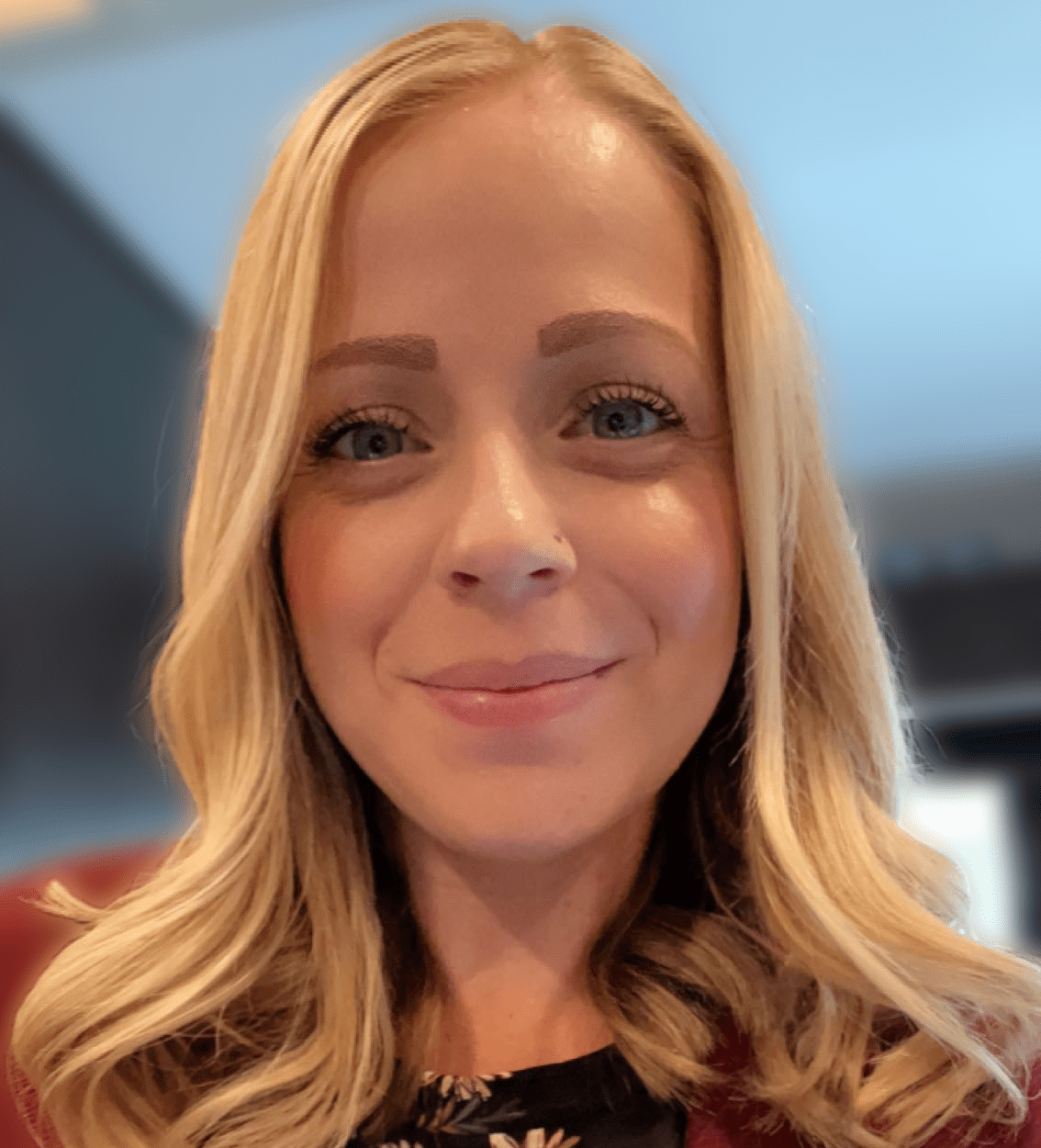

Michelle Campeau serves as the Region 7 Renewable Energy Program Coordinator at the Department of the Interior, Bureau of Land Management (BLM). With over 18 years of dedicated service at BLM, Michelle brings a wealth of experience and knowledge to her role. Her responsibilities encompass providing specialized expertise to facilitate and prioritize permitting activities, ensuring efficient coordination for renewable energy proposals and authorizations across Colorado, New Mexico, Utah, and Wyoming. Notably, Michelle's commitment to excellence is exemplified by her two-year detail at the BLM’s National Renewable Energy Coordination Office, where she contributed significantly to the agency's mission and goals.


Lingxi Chenyang’s research interests lie at the intersection of moral psychology, climate ethics, landscape ecology, property law, and environmental law. Originally from Chengdu, China, Chenyang comes to the Environmental Resilience Institute after receiving her J.D. from Yale Law School, where she studied environmental law and published work on the merits of reducing meat demand as a climate policy strategy. Chenyang holds a bachelor’s in philosophy from Dartmouth College and is a Ph.D. Candidate in philosophy at the University of Michigan. She is also a Global Priorities Fellow with the Forethought Foundation.
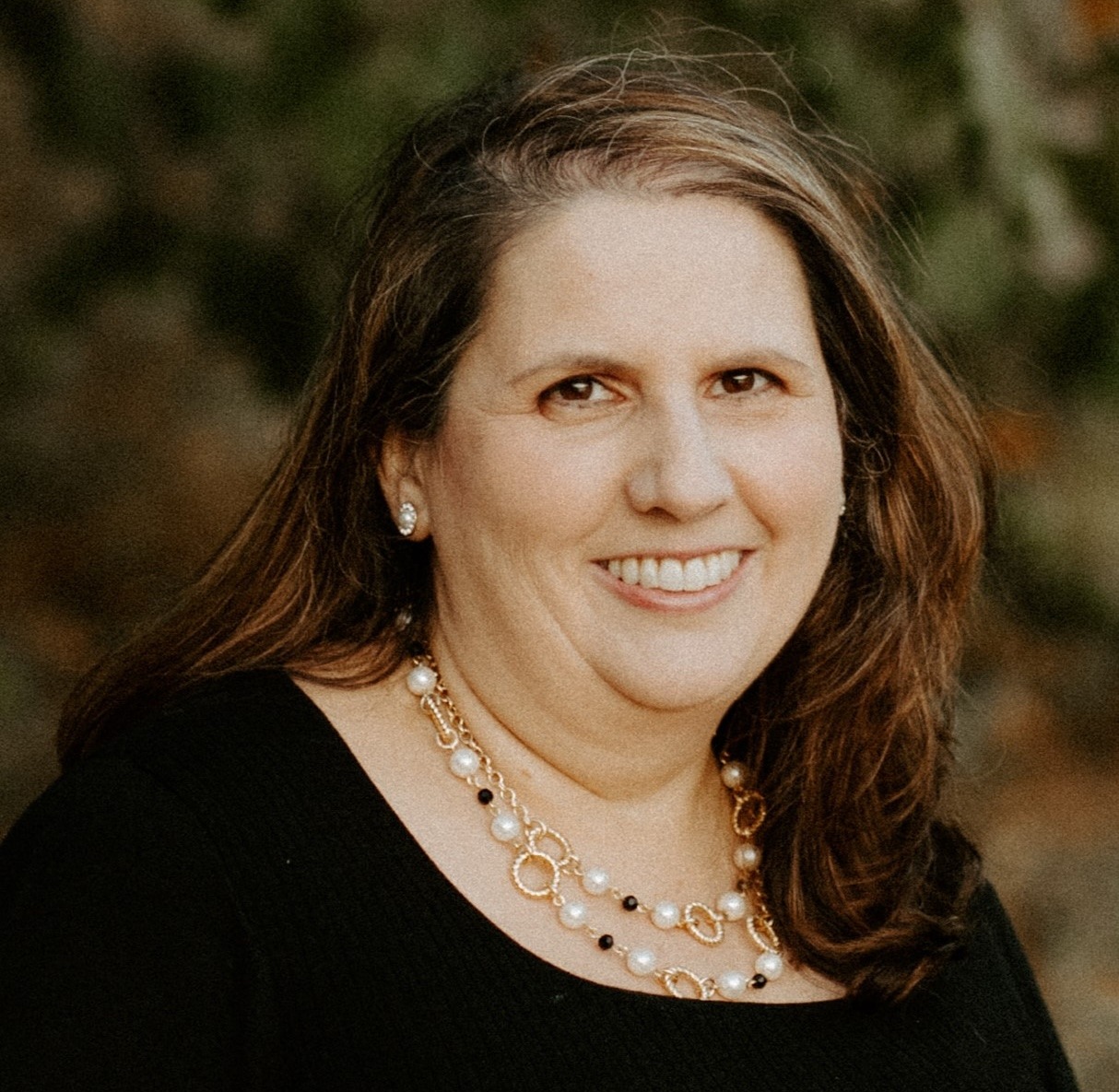

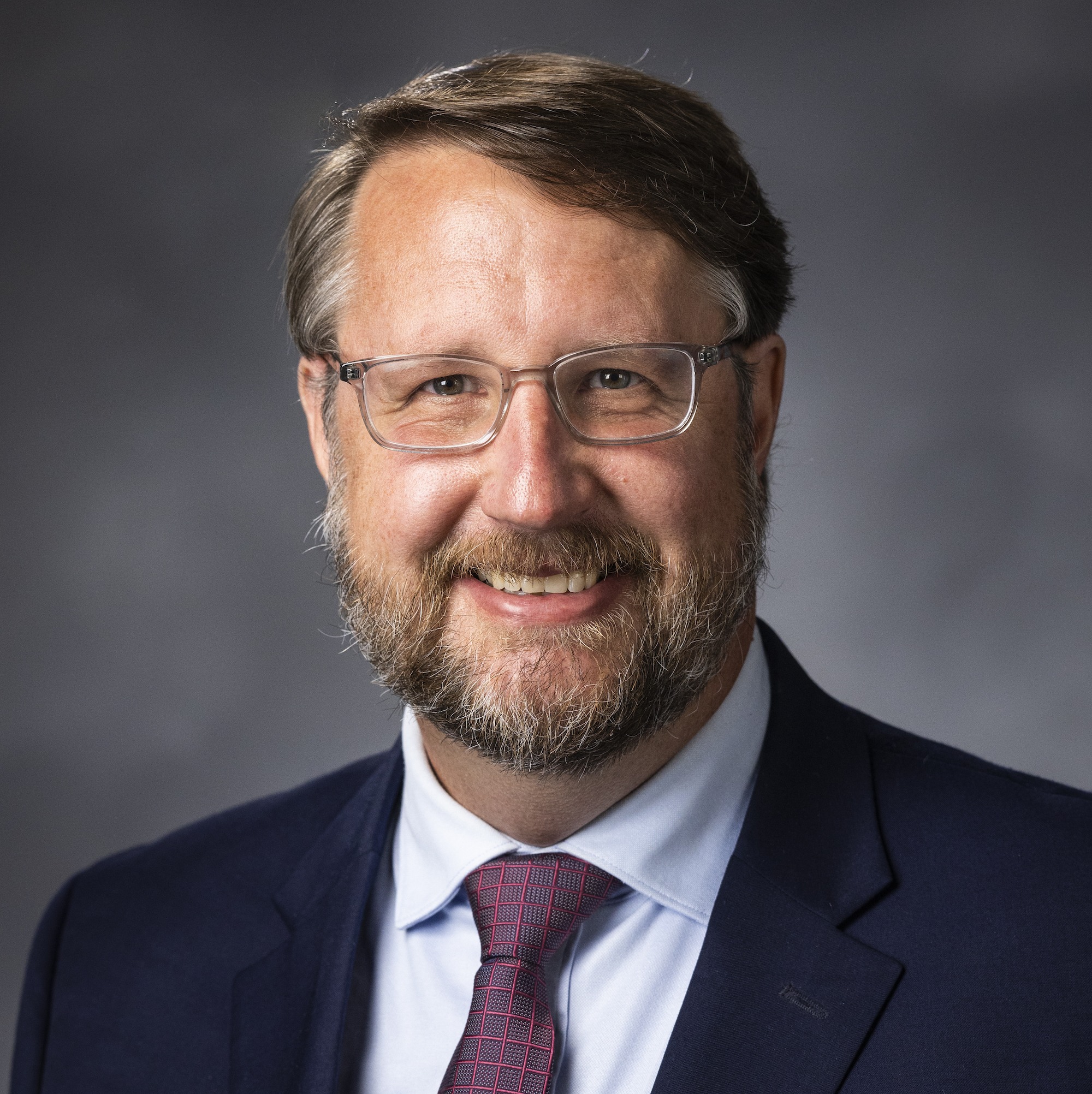

Brig Daniels is an expert in environmental and property law. His scholarship focuses on the creation and administration of environmental law, the commons, and public risk management. His work frequently relies on empirical methods ranging from field experiments to archival research. Daniels has received research grants from the U.S. National Science Foundation and the United Kingdom’s Foreign, Commonwealth & Development Office.
Since arriving at BYU Law in 2010, he has received teaching awards from his students, BYU Law alumni, and one from the university. He is grateful to hold the Marion B. and Rulon A. Earl Professorship. He teaches courses relating to environmental law, natural resources, and property law. He has also taught seminars on environmental topics and regularly oversees BYU Law’s Environmental Policy Impact Clinic (EPIC).
Outside of the classroom, Daniels has served on the boards of several environmental nonprofits and has represented and consulted for a wide range of public and nonprofit entities. He currently serves on BYU Law’s Diversity, Equity, and Belonging Council, oversees its Law and Social Change Initiative, and is a faculty representative on the campus’ interdisciplinary Environmental Ethic Initiative.
Daniels graduated from Stanford Law School. He also earned a PhD from Duke University’s Nicholas School of the Environment and Masters in Public Administration from the University of Utah. He was a recipient of the Harry S Truman Scholarship and the National Science Foundation Graduate Research Fellowship.
Prior to joining BYU Law, he taught as an assistant professor at the University of Houston Law Center and as a lecturing fellow at Duke Law School.
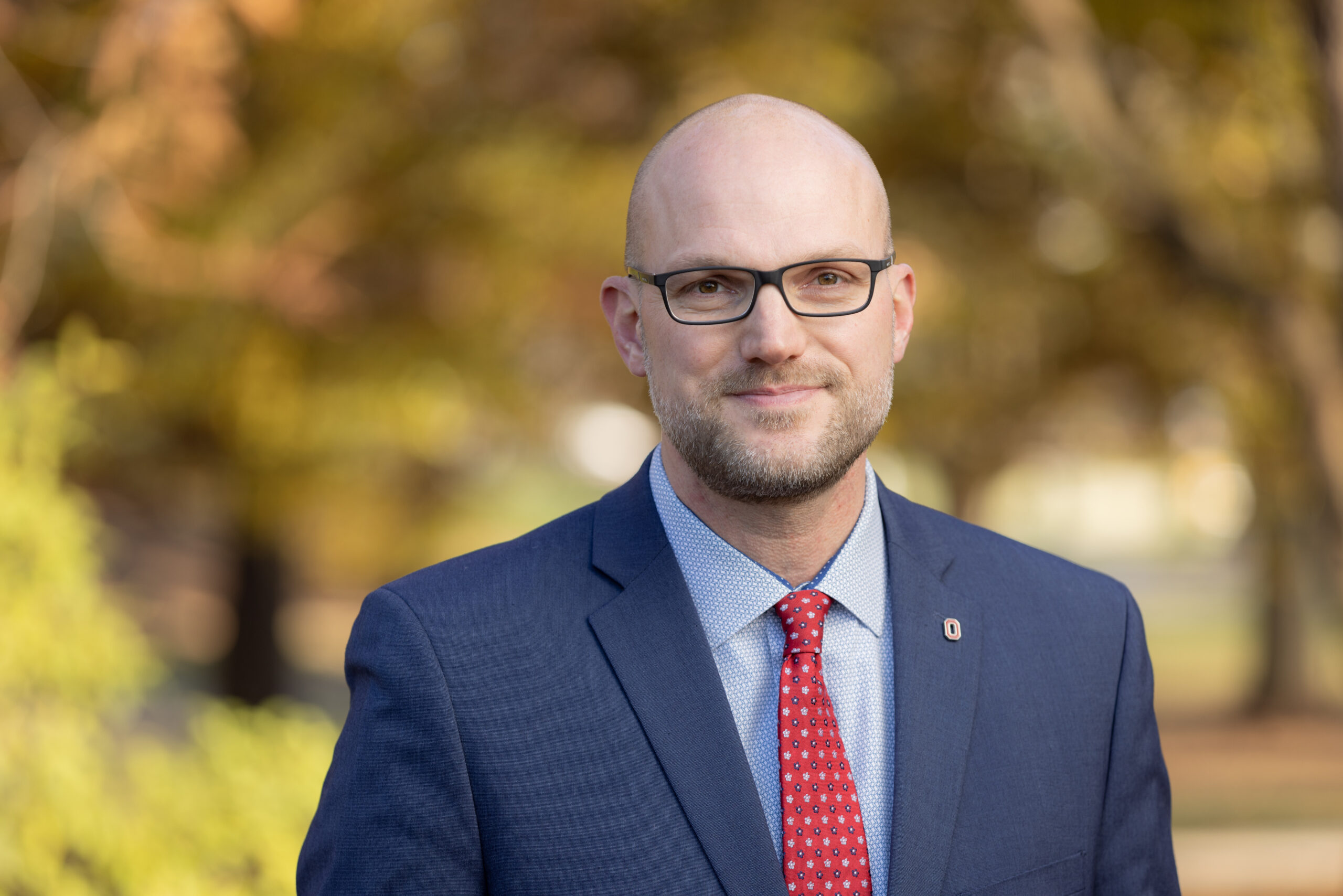

Lincoln Davies is the twentieth Dean of The Ohio State University Michael E. Moritz College of Law, where he holds the Frank R. Strong Chair in Law. An internationally recognized expert in energy law and policy, Davies’ research spans a broad array of topics, including renewables and alternative energy, utility regulation, carbon capture and sequestration, nuclear power, regional transmission organization governance, regulatory and technology innovation, and the intersection of energy and environmental issues. He is co-author of one of the nation’s leading energy law casebooks, Energy Law and Policy (West Academic), as well as co-author of an international treatise on U.S. energy law, Energy Law in the United States (Wolters Kluwer Law & Business). A leading expert on renewable energy support policies, Davies has published dozens of scholarly articles and completed policy and research work for the U.S. Department of Energy, the Korean government, and the Brookings Institution. He has served as a McCloy Fellow in Environmental Policy, as a visiting professor at Seoul National University, Kyungpook National University, and the University of Sydney Law School, and previously as a faculty member at the University of Utah S.J. Quinney College of Law.
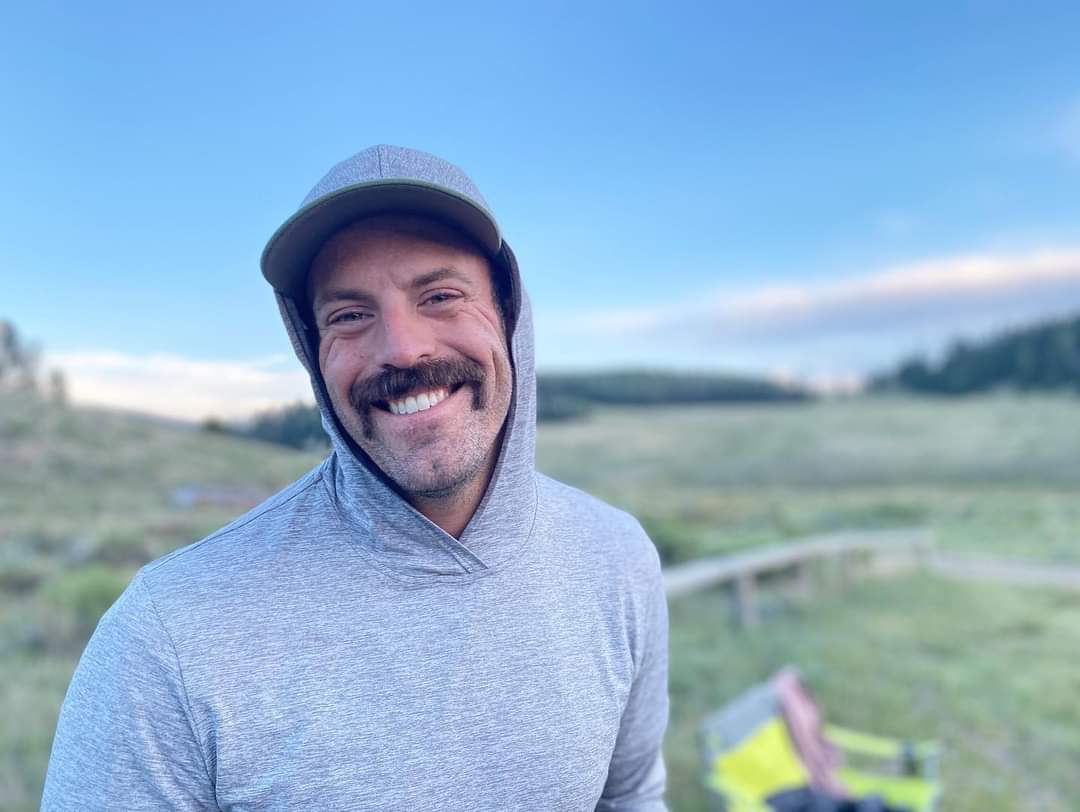

Michael Dax is the Western program director for Wildlands Network where he oversees policy and research in Colorado, New Mexico, Arizona and Utah with the goals of restoring and maintaining habitat connectivity and wildlife migration throughout the western United States. Michael grew-up in upstate New York. He earned a bachelor’s degree from Brandeis University. After college, he spent 4 years working at the Grand Canyon and Yellowstone National Parks, working as a tour guide, cross-country ski instructor, and trail groomer. He then received a masters degree in environmental history from the University of Montana where he began work on his book, Grizzly West, which focuses on the socio-political dynamics of grizzly bear reintroduction and recovery in Montana and Idaho. He has completed thru-hikes of the John Muir Trail, Appalachian Trail and Annapurna Circuit. When not working, he can be found brewing beer, backpacking, fishing, or skiing. Michael lives in South Fork, Colorado
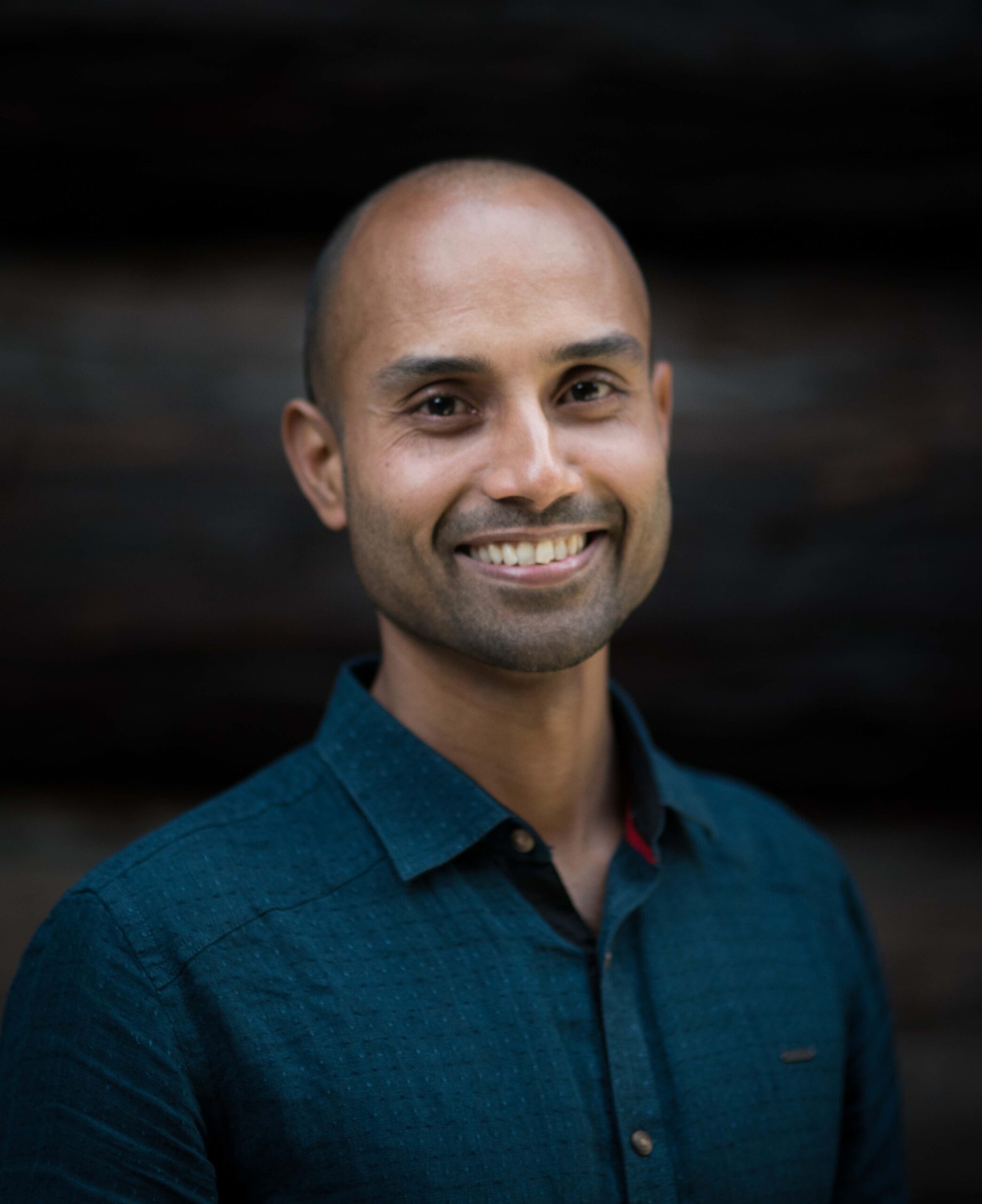

Ranjit Deshmukh is an Assistant Professor in the Environmental Studies program and the Bren School of Environmental Science and Management at the University of California Santa Barbara. Employing transdisciplinary methods from engineering and social sciences, Ranjit explores research questions around low-carbon energy transitions, clean energy access, and energy markets. Before joining UCSB, Ranjit was an ITRI-Rosenfeld postdoctoral fellow at the Lawrence Berkeley National Laboratory and holds a PhD in Energy and Resources from the University of California at Berkeley.
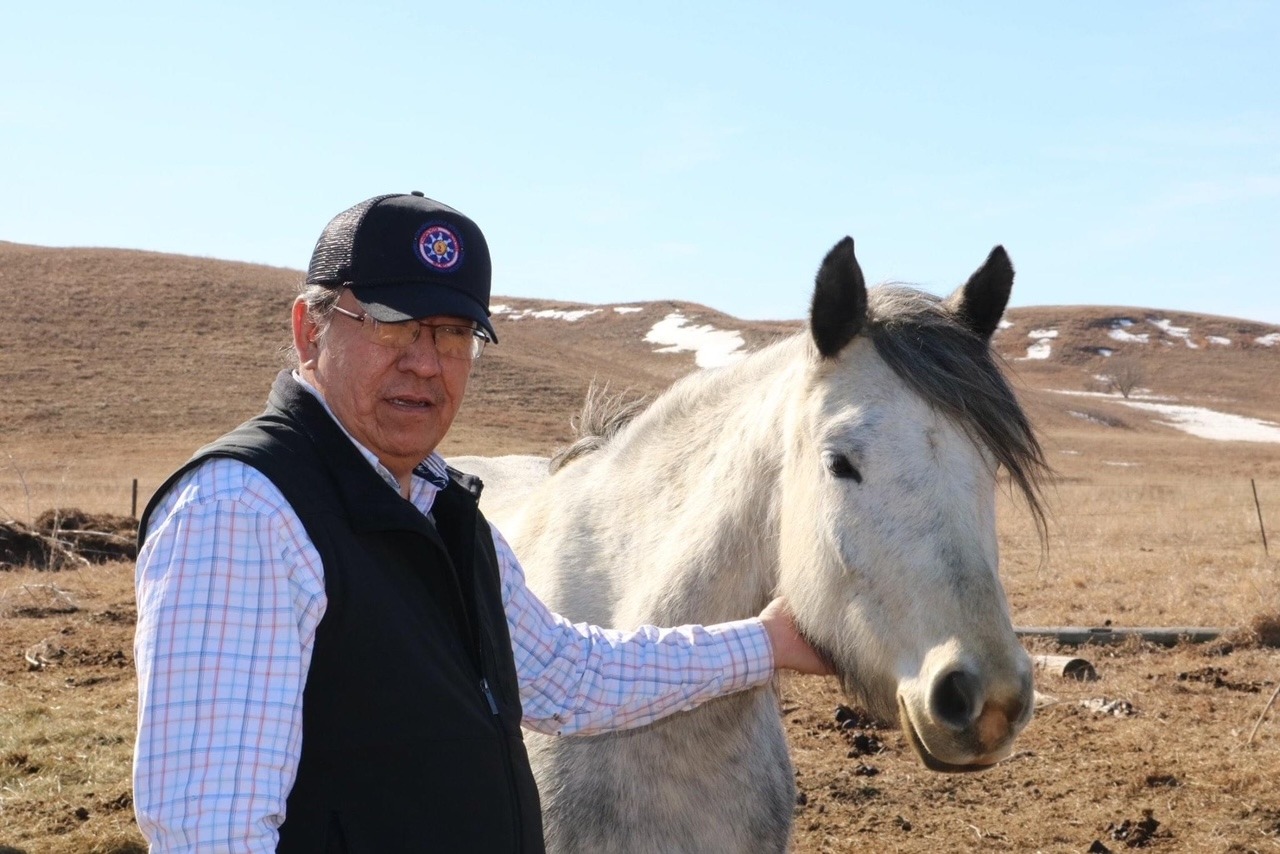

Jon Eagle Sr., is Hunkpapa Lakota from the Standing Rock Sioux Tribe where he resides with his beautiful wife, children and grandchildren. He has over 36 years of experience providing services to children, families and communities. With over 26 years of experience consulting with tribal nations, states and the federal government, Mr. Eagle is considered an expert at Children and Family Services, Systems of Care, the Wraparound Process, Cultural Competency, Leadership, Equine Therapy, Horsemanship and Tribal Historic Preservation. He has presented at numerous workshops and trainings across the United States and Canada and has served on advisory boards at the tribal, state and national levels. Jon is the Tribal Historic Preservation Officer for the Standing Rock Sioux Tribe and currently serves as the Vice-President of the National Association of Tribal Historic Preservation Officers.
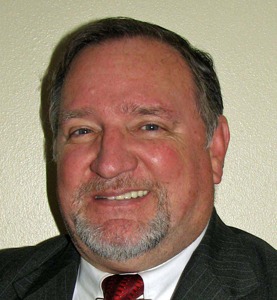

Dr. Alan Eastman was raised in educated in Utah; he holds a PhD in Chemistry from the University of Utah. He worked for nearly 30 years in the research laboratory of Phillips Petroleum Co., and of ConocoPhillips after the merger of the two companies. During that time, his interests ranged from refining catalysts to chemicals marketing research to on-line process monitoring using combined spectroscopy and statistical data analysis. After 'retirement,' he consulted in process monitoring for several years. In 2014, Dr. Eastman and two friends founded GreenFire Energy, a growing geothermal energy company now working on projects in the US and multiple foreign countries. In the process, he is an inventor in 39 US and numerous foreign patents, with several others pending. Now that he is officially retired from GreenFire (but back working as a part-time consultant), Dr. Eastman is teaching science-related classes at the Osher Institute, part of the University of Utah's Division of Continuing Education. He has taught classes on energy in the world, climate change, air pollution, water issues, plastics, recycling, and most recently on critical materials in the green transition. In his spare time, Alan plays piano and organ in two local swing bands and a sextet that plays the nursing home circuit.
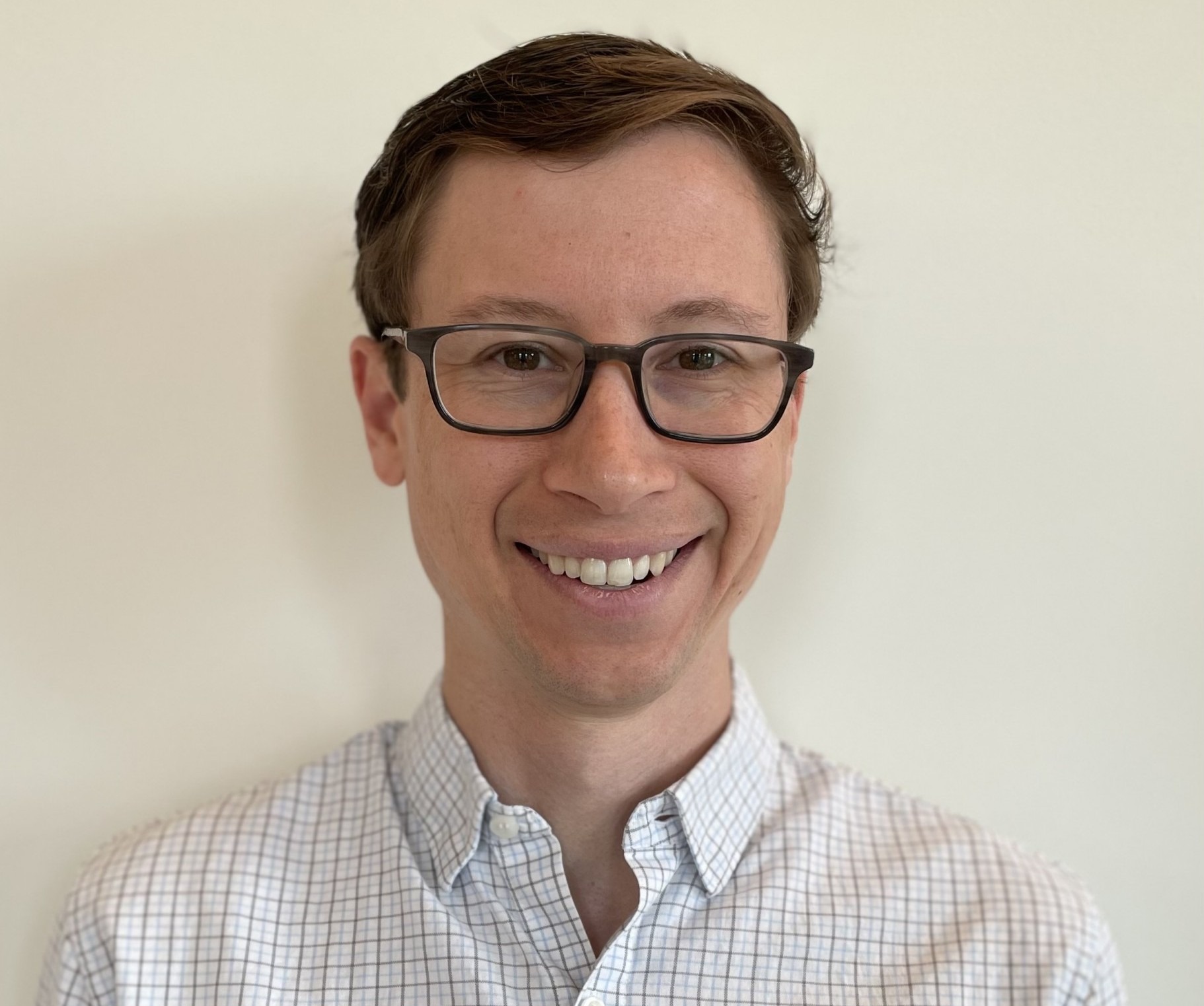

Matthew Eisenson joined the Sabin Center in May 2022, where he leads the Renewable Energy Legal Defense Initiative (RELDI), which uses legal research and engagement to support siting utility- and community-scale renewable energy facilities. Before joining the Sabin Center, he served for four years as an Assistant Attorney General in the Environmental Protection Bureau of the New York State Attorney General’s Office. He also previously worked as a litigation associate at Cleary Gottlieb Steen & Hamilton LLP and as a law clerk for Senior U.S. District Judge Berle M. Schiller of the Eastern District of Pennsylvania. Before law school, he served as a special assistant to the President and Executive Director of the Natural Resources Defense Council. He received a J.D. from Yale Law School in 2015 and a B.A. in History, magna cum laude, Phi Beta Kappa, with distinction in the major, from Yale College in 2009.
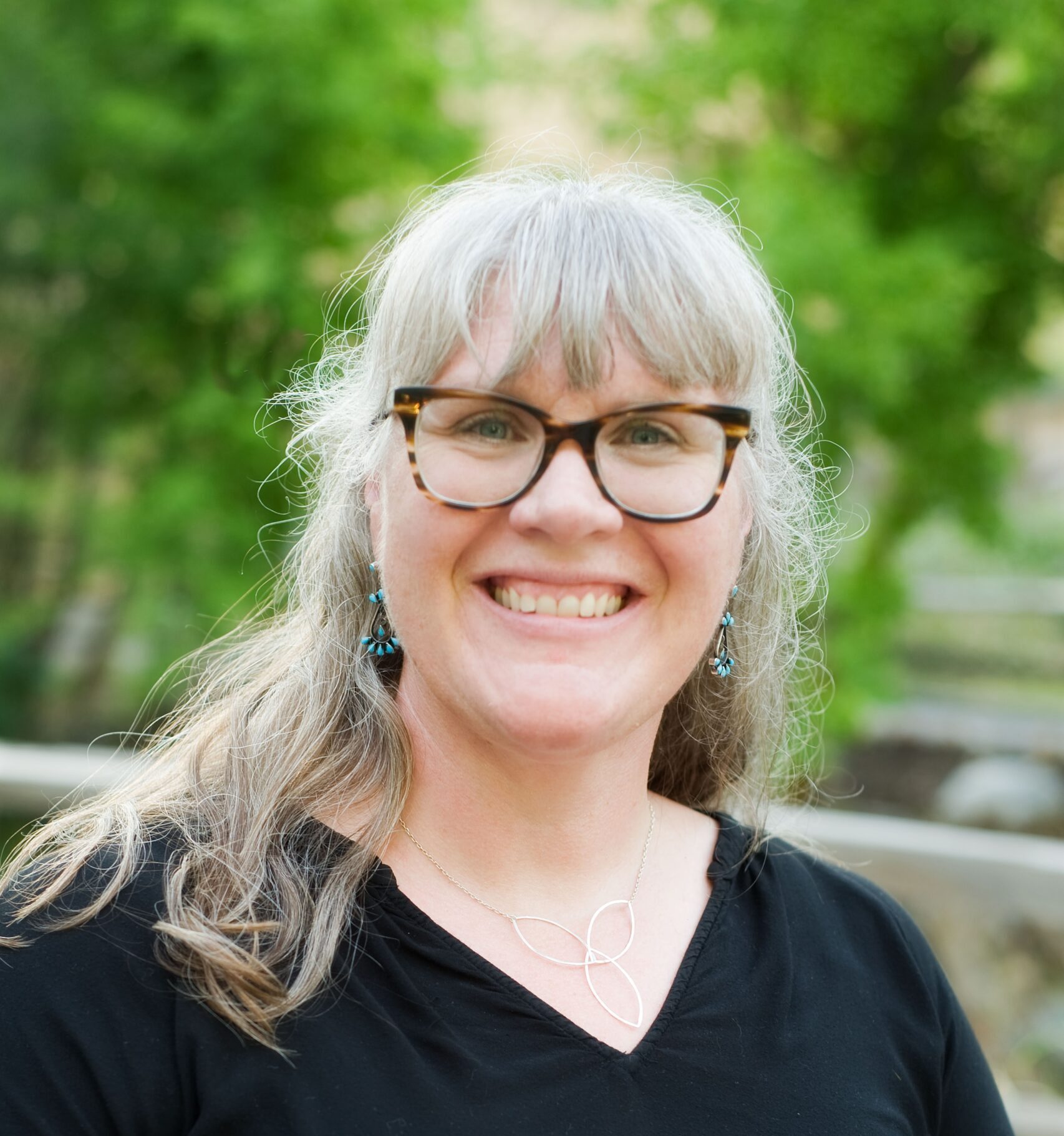

Danielle Endres (she/her) is a Professor of Communication and Director of the Environmental Humanities Program at the University of Utah. Her research areas are Environmental Communication, Indigenous Communication, and Rhetorical Studies. Her research projects focus on the rhetoric of environmental and science controversies including nuclear waste siting decisions, climate change, and energy transitions. Her work is guided by principles of environmental justice and focuses on how underrepresented and marginalized groups, particularly Native peoples and nations, engage in environmental advocacy and activism. Endres is the author of Nuclear Decolonization: Indigenous Resistance to High-Level Nuclear Waste Siting (forthcoming November 2023), co-author of Participatory Critical Rhetoric: Theoretical and Methodological Foundations of Studying Rhetoric In Situ, and co-editor of several books, including the Routledge Handbook of Energy Democracy. The National Science Foundation and several fellowships from the University of Utah have funded her research.
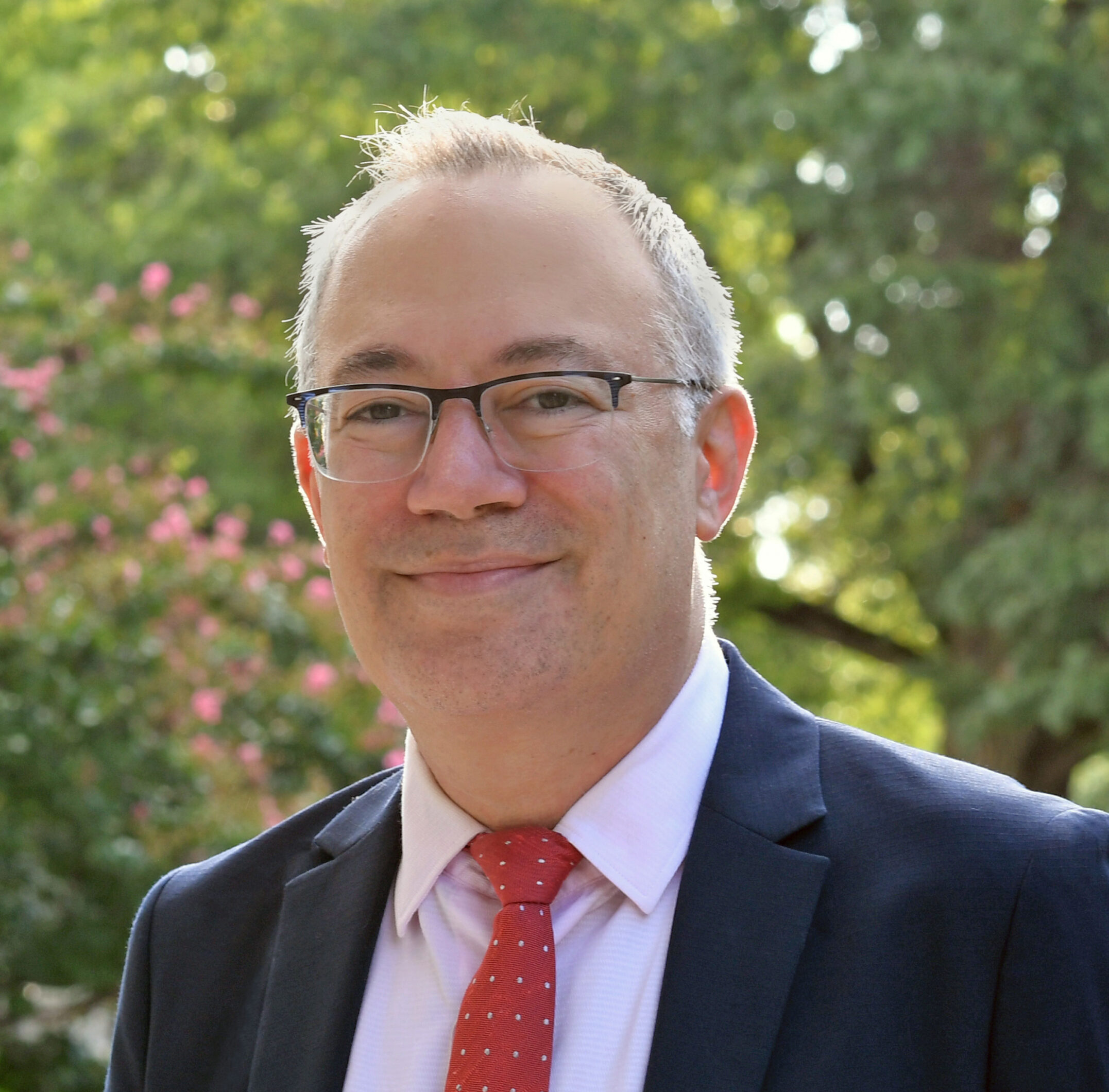

Steve Feldgus is the Principal Deputy Assistant Secretary for Land and Minerals Management at the Department of the Interior, where he oversees a number of agencies including the Bureau of Land Management and the Office of Surface Mining Reclamation and Enforcement, and served as the lead staffer for the Interagency Working Group on Mining Regulations, Laws, and Permitting. Prior to joining DOI in the Biden administration he was the Deputy Staff Director for the House Natural Resources Committee, specializing in mining and energy issues, and has also previously worked for the Bureau of Land Management, the Bureau of Safety and Environmental Enforcement, and various offices during 16 years of working in Congress. He has a Bachelor’s degree in Chemistry from the University of Massachusetts and a Ph.D. in Physical Chemistry from the University of Wisconsin.
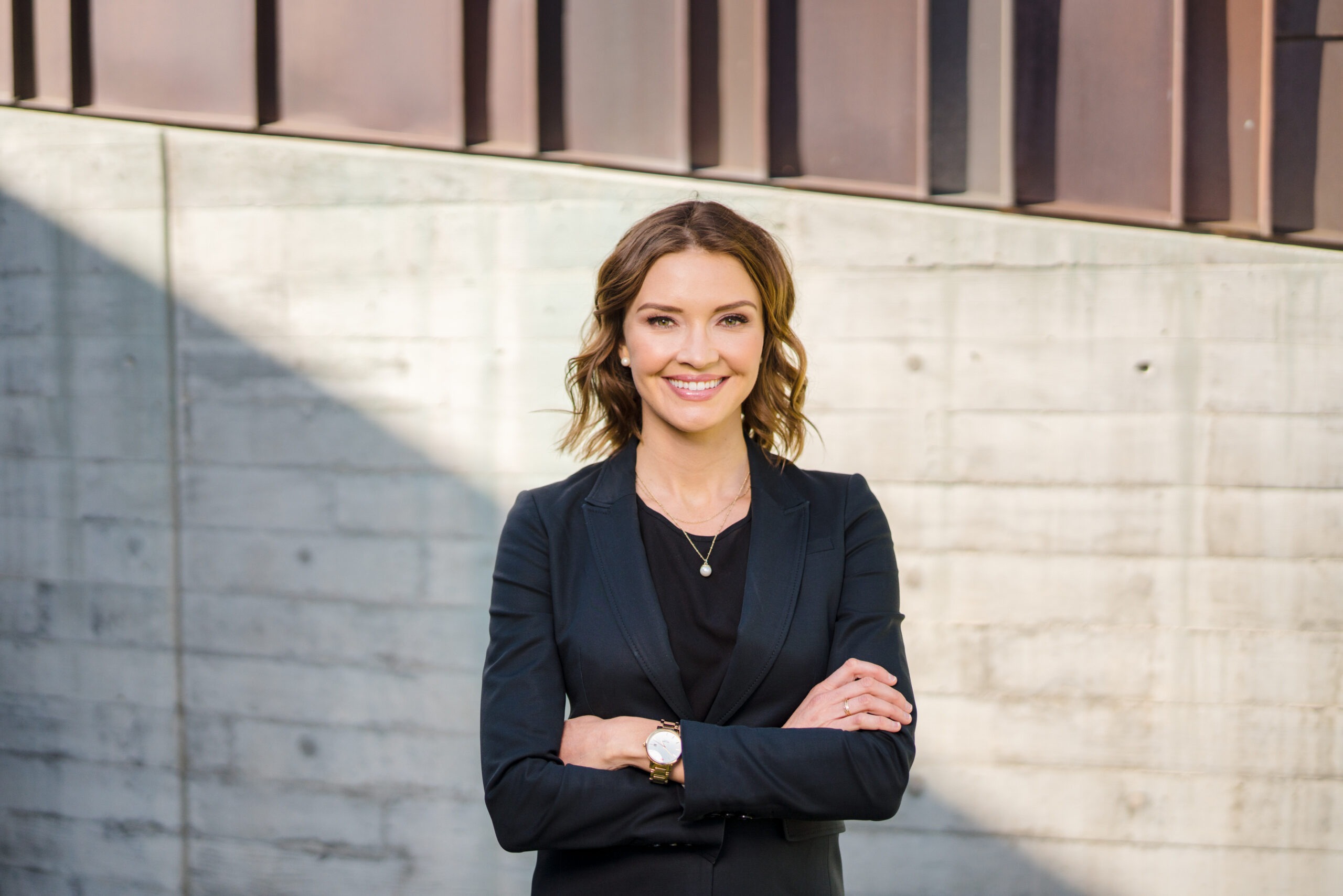

Jennifer Gardner is an attorney and independent consultant with over a decade of experience in the electric power sector. Before stepping down in July 2023, Ms. Gardner served as Vice Chair of the Western Energy Imbalance Market (EIM) Governing Body – a five-member independent board overseeing the reliable operation of a real-time energy market in the West. Today, Ms. Gardner continues to provide consulting services to western clients through Envision Energy, LLC, which she founded in November 2020. Through Envision Energy, Ms. Gardner provides guidance and expertise in the areas of wholesale electricity market design and governance, renewable energy procurement and deployment, distributed energy resource integration, transmission system planning, and electric grid reliability. Prior to her roles with the Western EIM Governing Body and Envision Energy, Ms. Gardner spent five years at Western Resource Advocates – an environmental non-profit headquartered in Boulder, Colorado. There, she directed the work of the Regional Energy Markets Program and advocated for market frameworks that can provide decarbonization solutions for the western power grid. Additionally, Ms. Gardner has held previous positions with the Utah Governor’s Office of Energy Development and the Western Interstate Energy Board. Ms. Gardner resides in Park City, Utah with her young son and dog and enjoys hiking, biking, and skiing in her free time.
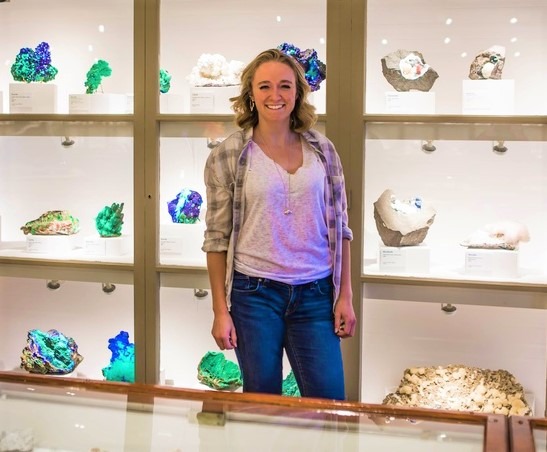

Dr. Rachel Hampton is the head of Exploration Geology at Lithium Americas, a lithium mining and processing company based out of Reno, NV. Rachel started out as an intern for the company 4 years ago. In that time, she had the opportunity to do greenfield exploration for lithium deposits all over the world that might someday help to power the energy revolution. Before working in industry, Rachel got her BA in Earth and Planetary Science from Harvard University and her PhD in Earth Science and Volcanology from the University of Oregon. Though she has lived all over the country, Rachel is originally from the tiny ski town of Telluride Colorado, where she grew up roaming the mountains and developing a passion for geology.
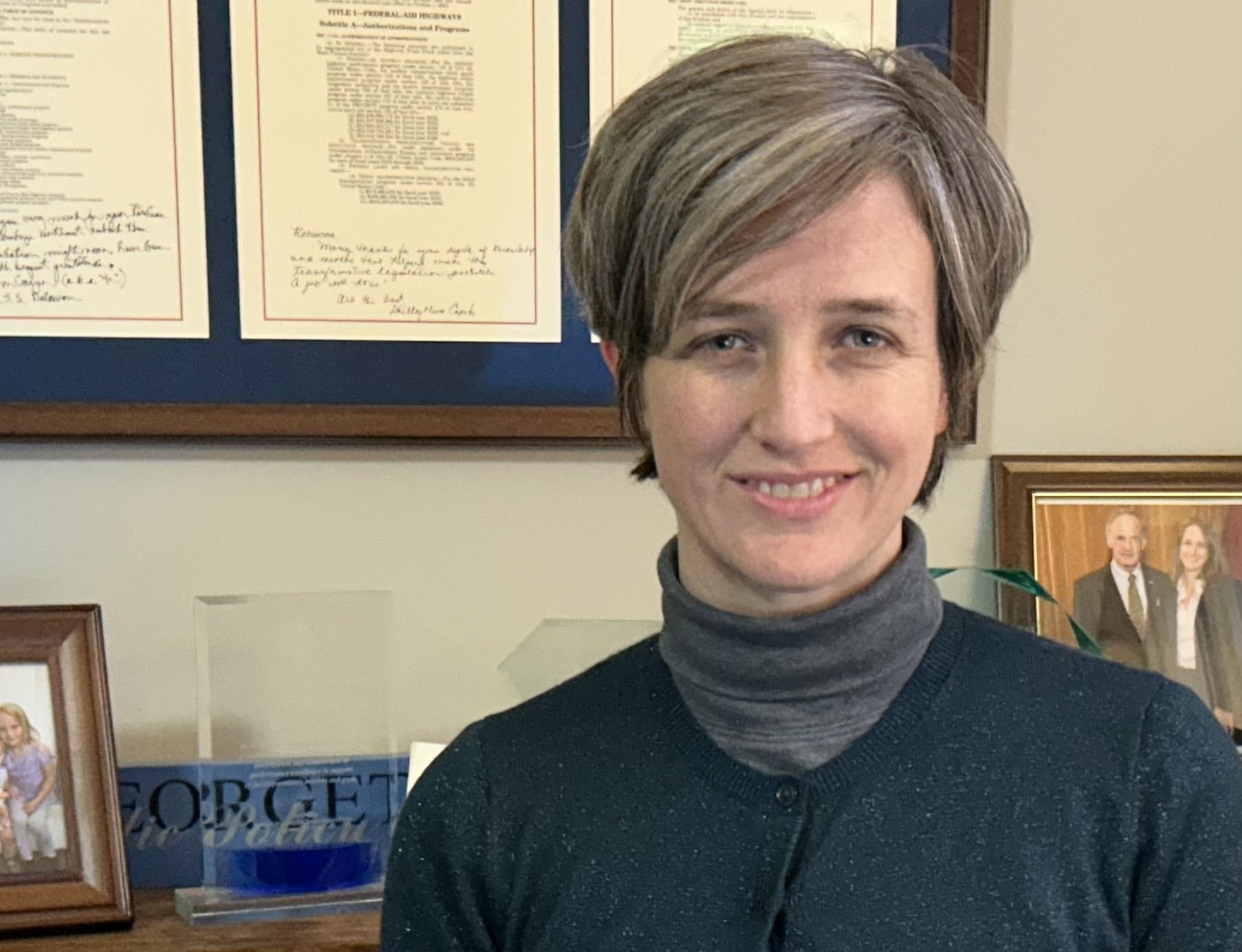

Rebecca Higgins serves as the Chief of Staff for the Permitting Council, where she assists in the management of nearly $100 billion in large-scale infrastructure projects—including those in the renewable energy, coastal restoration, broadband, and electricity transmission sectors. An established transportation and infrastructure policy expert, Higgins comes to the Permitting Council with extensive experience drafting and negotiating legislation on Capitol Hill. She previously served as a senior policy advisor for the U.S. Senate Committee on Environment and Public Works (EPW) where she led the EPW Committee’s transportation and environmental permitting teams, and served as lead author and negotiator of the $350 billion highway title of the Bipartisan Infrastructure Law and key provisions of the Inflation Reduction Act.


Becky Johnson is Assistant General Counsel with rPlus Energies, LLC, a utility scale solar, solar plus battery, wind, and pumped storage hydro developer based in Salt Lake City, Utah. Prior to joining rPlus, Becky worked in private practice with Lear & Lear followed by Dorsey & Whitney, where her practice focused on oil and gas, mining, and renewable energy. She graduated from St. Lawrence University in Canton, New York, with a Bachelor of Arts in Economics and received her Juris Doctorate, with a Certificate in Natural Resources and Environmental Law, from the University of Utah, in Salt Lake City, Utah. She previously served as the chair of the Energy, Natural Resources, and Environmental Law section of the Utah Bar and currently serves as a Trustee at Large for the Foundation for Natural Resources and Energy Law.
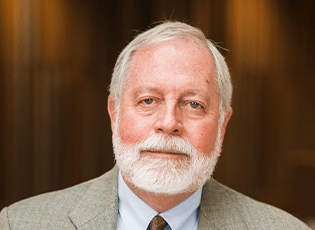

Professor Keiter holds a J.D. degree with honors from Northwestern University School of Law and a B.A. with honors from Washington University. He has taught at the University of Wyoming, Boston College, and Southwestern University, and served as a Senior Fulbright Scholar at Tribhuvan University in Kathmandu, Nepal. Professor Keiter's most recent books are To Conserve Unimpaired: The Evolution of the National Park Idea, (Island Press, April 2013), and the Wyoming State Constitution (Oxford University Press, 2017). His other books include Keeping Faith With Nature: Ecosystems, Democracy, and America's Public Lands (Yale Univ. Press 2003); Reclaiming the Native Home of Hope: Community, Ecology, and the West (Univ. of Utah Press 1998); Visions of the Grand Staircase-Escalante: Examining Utah's Newest National Monument (Utah Mus. of Nat. History & Wallace Stegner Center 1998); The Wyoming State Constitution: A Reference Guide (Greenwood Press 1993); and The Greater Yellowstone Ecosystem: Redefining America's Wilderness Heritage (Yale Univ. Press 1991). He has also written numerous book chapters and journal articles on public lands and natural resource law, addressing such topics as national parks, ecosystem management, wildfire policy, and biodiversity conservation. He serves as a Trustee of the National Parks Conservation Association and the Rocky Mountain Mineral Law Foundation, for which he served as President from 2013-2014. Professor Keiter teaches Natural Resources Law and Constitutional Law. He has received teaching awards from the University of Utah S.J. Quinney College of Law, the University of Wyoming College of Law, and the Rocky Mountain Mineral Law Foundation. In 2008, he was named a University Distinguished Professor by the University of Utah. His current project is an update of his previous work on the Greater Yellowstone Ecosystem.
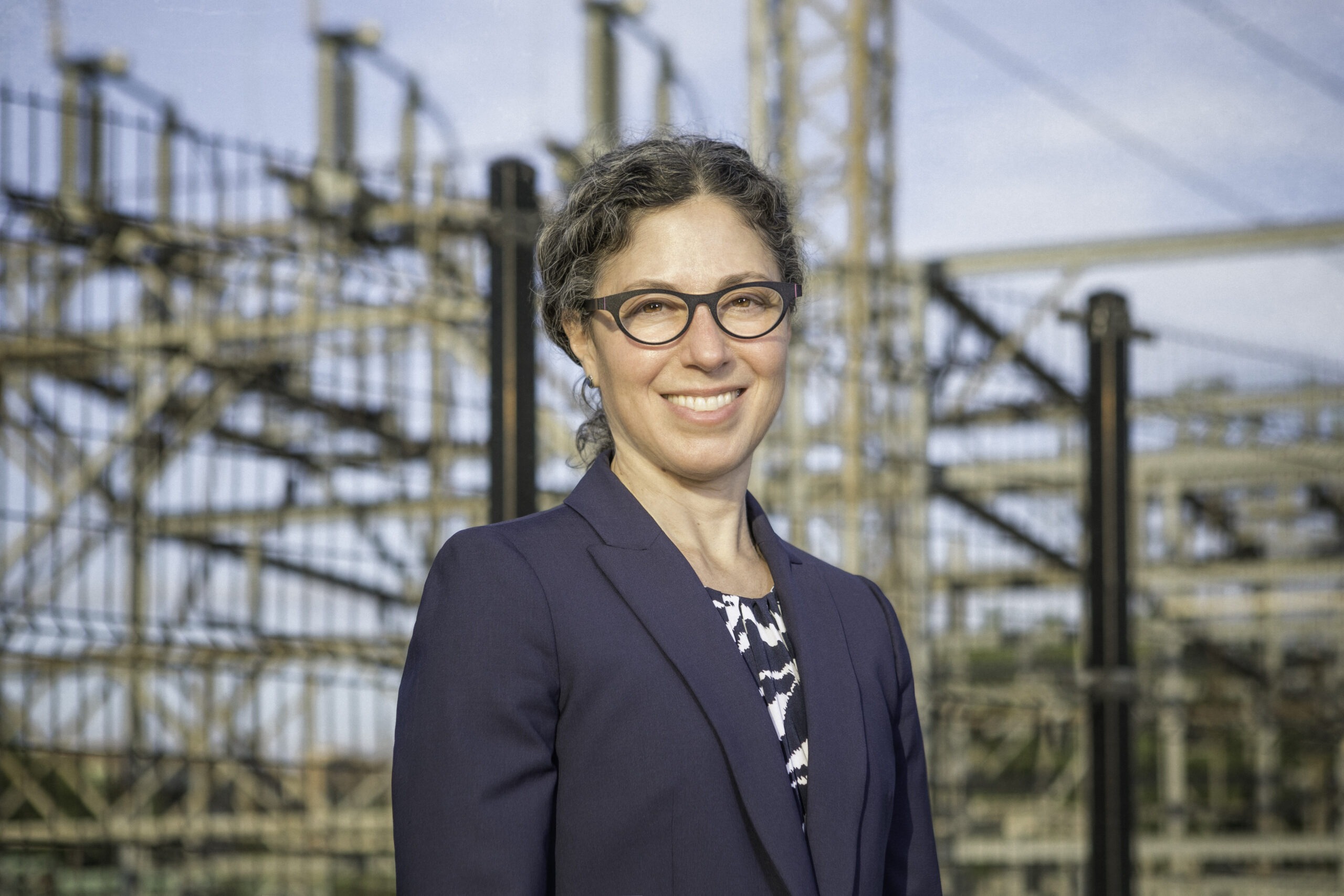

Alexandra B. Klass is the James G. Degnan Professor of Law at the University of Michigan Law School. She teaches and writes in the areas of energy law, environmental law, natural resources law, tort law, and property law. In 2022 and 2023, she served in the Biden-Harris administration as deputy general counsel for energy efficiency and clean energy demonstrations at the U.S. Department of Energy. Professor Klass’s recent scholarly work, published in many of the nation’s leading law journals, addresses regulatory and permitting challenges to integrating more renewable energy into the nation’s electric transmission grid, siting and eminent domain issues surrounding interstate electric transmission lines and oil and gas pipelines, and applications of the public trust doctrine to modern environmental law challenges. She is a co-author of Energy Law: Concepts and Insights Series (Foundation Press, 2d ed. 2020), Energy Law and Policy (West Academic Publishing, 3d ed. 2022), and Natural Resources Law: A Place-Based Book of Problems and Cases (Wolters Kluwer, 5th ed. 2022). Before joining the Michigan Law faculty in 2022, Professor Klass was a Distinguished McKnight University Professor at the University of Minnesota Law School, where she was a member of the faculty from 2006 to 2022. She has been a visiting professor at Harvard Law School, Uppsala University (Sweden), and the University of Arizona Rogers College of Law. Prior to her academic career, Professor Klass was a partner at Dorsey & Whitney LLP in Minneapolis, where she specialized in environmental law and land use litigation.
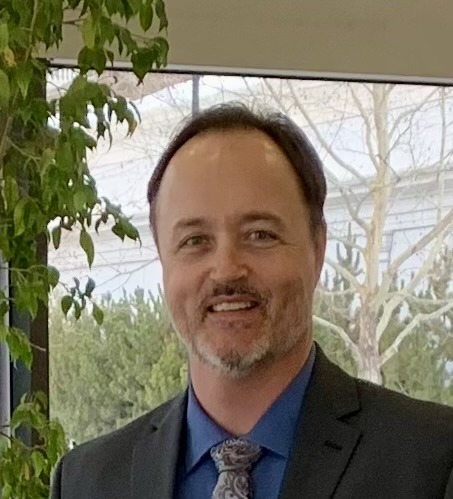

With 29 years of experience in the energy sector within the Intermountain West region, Tony Martines is a seasoned professional who has a wide knowledge on the industry. Over the past 5 years, he has diligently served as a Carbon County Commissioner, demonstrating his commitment to the community and the energy sector. Tony's expertise extends to his role at BODEC, an electrical engineering and construction company, where he is involved with the innovation and sustainability in the ever-evolving power industry of the region. His understanding of the historic power industry, coupled with his keen insights into its dynamic transformations, make him a valuable asset in the future of energy development .
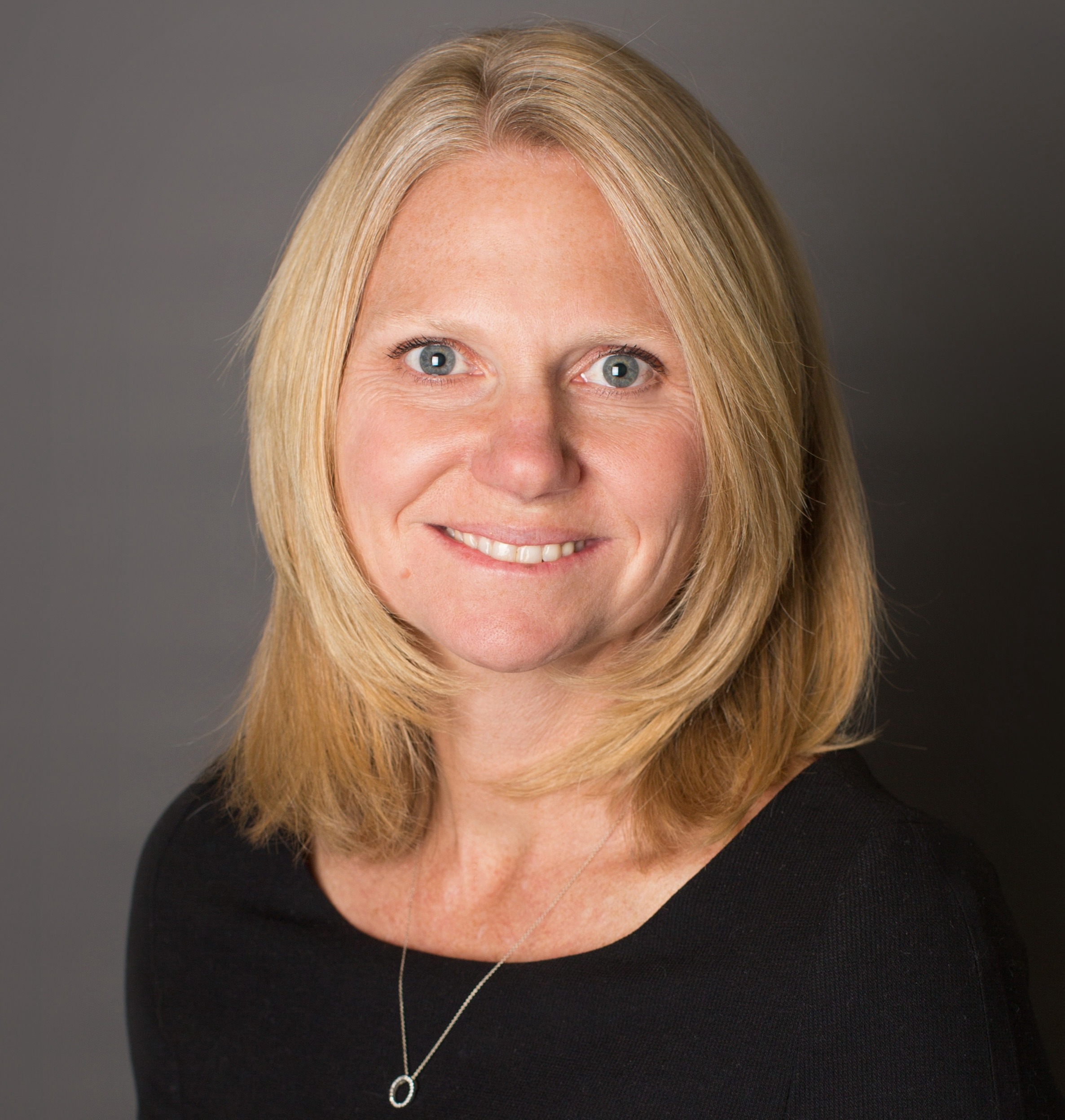

Christine Mikell is Founder and Principal of Enyo Renewable Energy. She has 23 years of experience in the energy industry dating back to 2001 when she created the renewable energy program for the state of Utah. Along the way, she worked with rural landowners, county commissioners, utilities, regulators, and legislators to create the groundwork for many of the renewable energy projects that exist in Utah today. After establishing herself in state government, Christine moved to the private sector when she joined Wasatch Wind. There, she developed the
Spanish Fork Wind Farm, the first utility-scale renewable energy project in Utah. Several years later, Christine led a management buyout and took over the helm of Wasatch Wind. In 2016, Christine formed Enyo Renewable Energy with Eolian (a Global Infrastructure Partners-backed company) to develop new utility-scale wind energy, solar photovoltaic, and battery storage projects in Utah, Colorado, and Wyoming. Since its inception, Enyo has developed over 1,000 MW of projects that are operating or under construction. The energy produced from these projects powers the equivalent of 90% of the homes in Salt Lake County. Among its diverse partners with whom Enyo’s development projects have contracts include Facebook/Meta, Intermountain Health, the University of Utah, Park City, Salt Lake City, Summit County, Deer Valley Ski Area, Park City Mountain Resort, Utah Valley University, UAMPS, Platte River Power Authority, Microsoft, and Rocky Mountain Power.
Christine holds a BE in Civil & Environmental Engineering from Vanderbilt University and an MBA from the University of Utah.
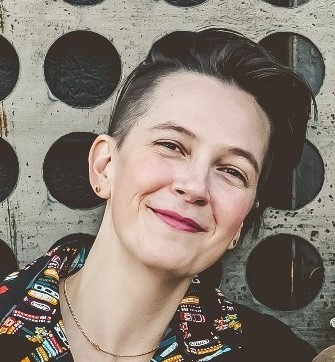

Erin Overturf is Clean Energy Director at Western Resource Advocates, a regional conservation nonprofit. Erin oversees WRA’s work across the Interior West to advance clean energy and electrification, with a particular focus on public utilities regulation. Erin joined WRA in 2013 as a Senior Staff Attorney. After a stint at Earthjustice in 2022, Erin rejoined WRA in 2023. Previously, Erin also served as an Assistant Solicitor General in the Office of the Colorado Attorney General. In that capacity, she represented state agencies such as the Colorado Public Utilities Commission, the Colorado Air Pollution Control Division, and the Colorado Energy Office. Erin was a volunteer Commissioner on the Colorado Oil and Gas Conservation Commission from 2017 to 2020. Erin has a J.D. from the American University Washington College of Law, and received a B.A. in both Economics and Anthropology from the University of Colorado at Boulder.
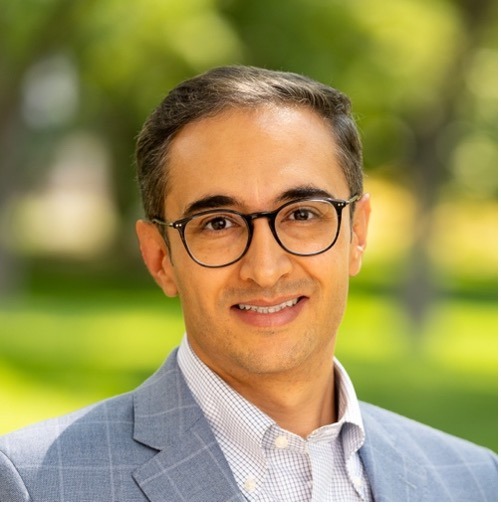

Dr. Masood Parvania is the Roger P. Webb Endowed Professor in Electrical and Computer Engineering, and the Director of U.S.-Canada Center on Climate-Resilient Western Interconnected Grid, at the University of Utah. His research interests include the operation, economics and resilience of power and energy systems, and modeling and operation of interdependent critical infrastructures. Dr. Parvania serves as an Associate Editor for the IEEE Transactions on Power Systems.
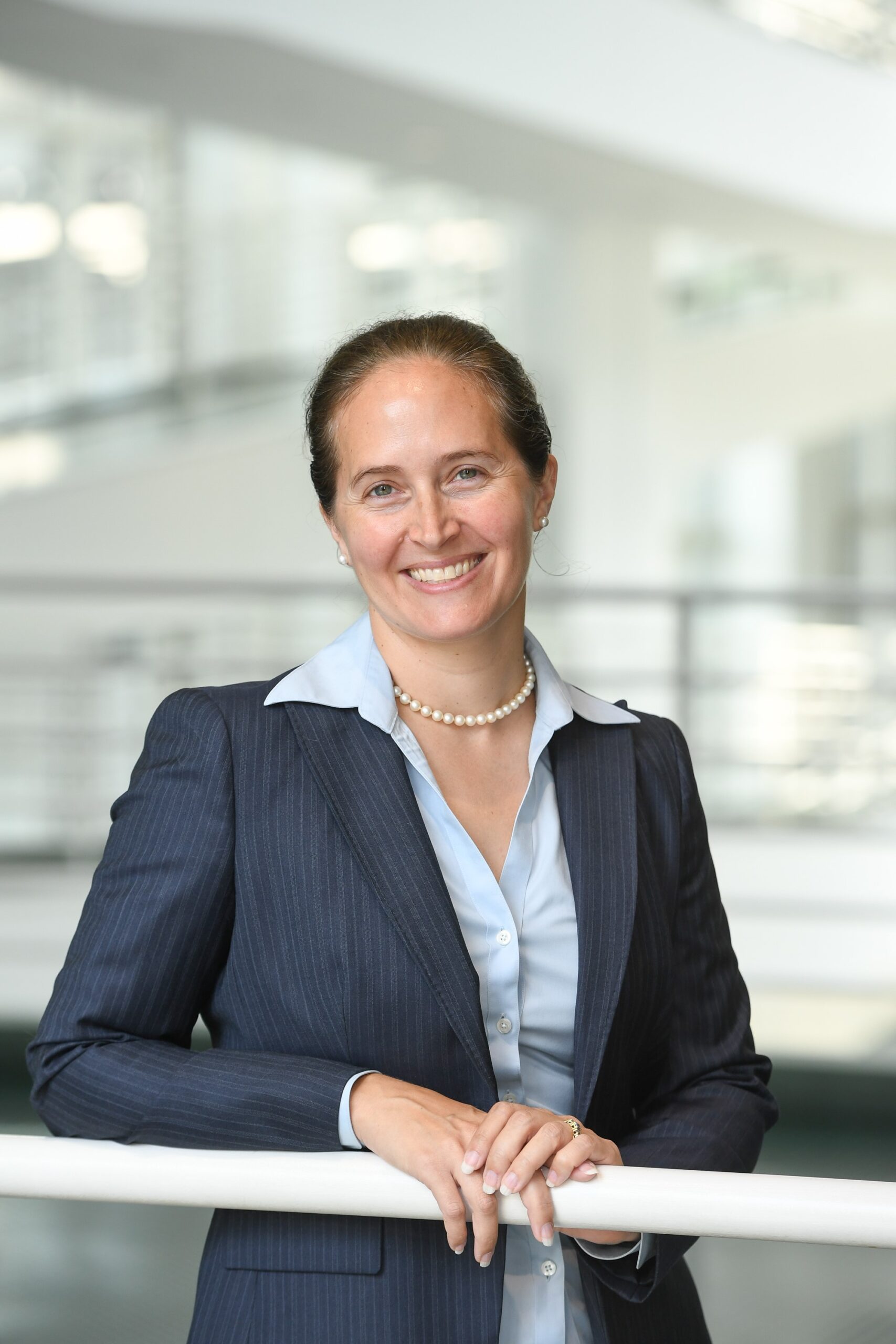

Heather Payne is a Professor at Seton Hall University School of Law and a leader in the areas of energy law, environmental law, and evolving regulatory policy. A former chemical engineer and corporate executive, she brings a deep understanding of both the technical and economic implications of policies to address new realities in a carbon- and water-constrained world. Before joining the Seton Hall law faculty in 2018, Professor Payne was Fellow and Assistant Director of the Center for Climate, Energy, Environment and Economics (CE3) at the University of North Carolina School of Law. Prior to entering academia, she clerked for Judge Martha Geer on the North Carolina Court of Appeals, and worked with Sears Holdings Corporation and Honeywell International. Professor Payne holds a BChE in Chemical Engineering where she graduated with High Honors from the Georgia Institute of Technology, and a J.D. from University of North Carolina School of Law, where she graduated with High Honors and served as a member of the North Carolina Law Review and Symposium Editor for Environmental Law Project.
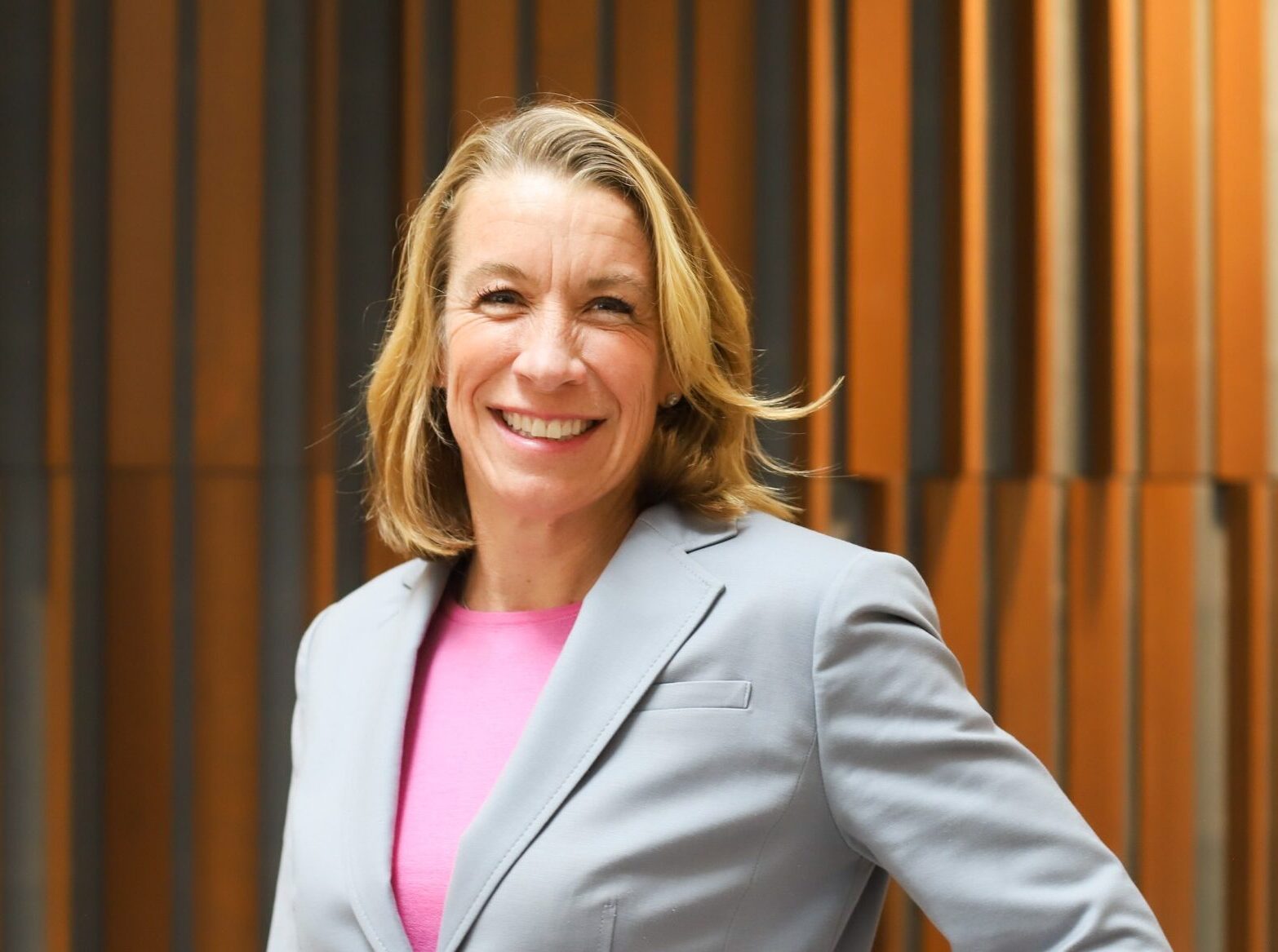

Jamie Pleune is an Associate Professor of Law (Research) at the S.J. Quinney College of Law, University of Utah and the Interim Director of the Law & Policy Program at the Wallace Stegner Center for Land Resources and the Environment. Prior to joining the faculty, she was a shareholder at Richards Brandt Miller Nelson. She studied law at the University of Utah, where she graduated Order of the Coif. Subsequently, she clerked for Justice Parrish on the Utah Supreme Court. She earned her L.L.M. from Georgetown Law, where she also worked as a staff attorney and teaching fellow at the Institute for Public Representation. Her research focuses on environmental review, permitting, climate change, and conservation. Her most recent publications include BLM’s Conservation Rule and Conservation as a “Use,” 53 Envt’l L. Rep. 10824 (Nov. 2023); This Permit Reform Works. Why Aren’t Mining Projects Using It? 53 Environmental Law Reporter 10463 (June 2023) (co-authored with Edward Boling); Playing the Long Game: Expediting Permitting Without Compromising Protections, 52 Environmental Law Reporter 10893 (Nov. 2022); Evidence-Based Recommendations for National Environmental Policy Act Implementation, 47 Columbia J. Envtl. L. 273 (Spring 2022) (co-authored with John C. Ruple and Eric Heiny). She also manages the Law & Policy blog, Posts from the Desk.
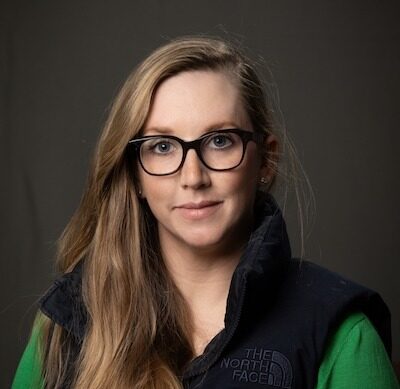

Dr Bryony Richards, Senior Research Scientist, Energy & Geoscience Institute, University of Utah is an economic research geologist at the University of Utah, with research across the critical minerals, energy, and exploration sectors. Her recent research has been funded by the US Federal Government (DTRA, DOD, DOE), various State and Federal governments including the United States, the United Kingdom, South Africa, and New Zealand) and a variety of industry partners ranging from 'Mom-and-Pop' mining operations to Fortune 50 Companies.
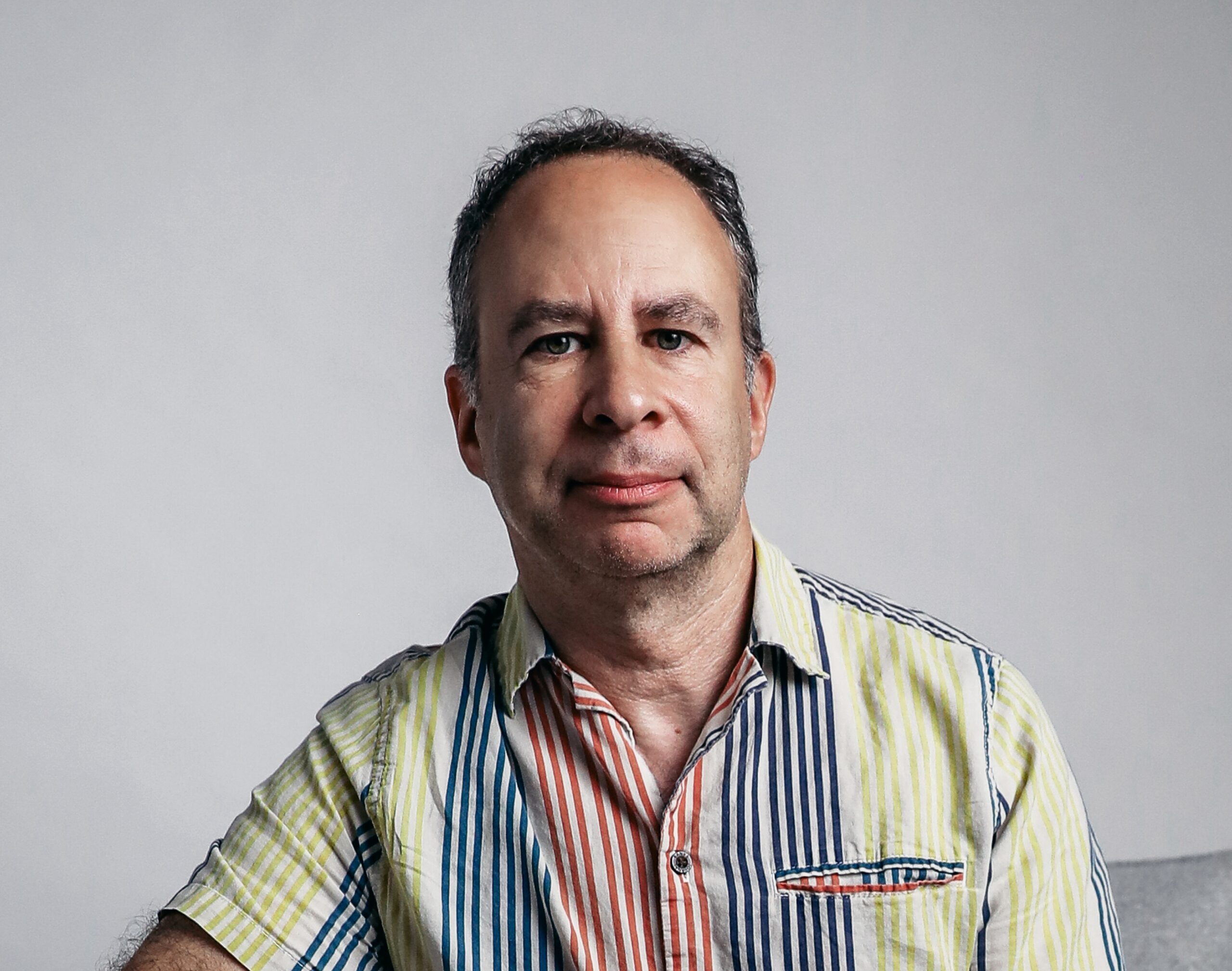

As CEO of rPlus Hydro, Matthew Shapiro provides strategic leadership as well as marketing and project-level support for rPlus’ nearly 10 GW portfolio of pumped storage hydro projects. Matthew has served in this role since rPlus Hydro’s inception in 2019, and he is recognized as an industry leader in pumped storage development. He began his career in renewable energy development more than three decades ago, when he jumped into the then-nascent wind energy industry as a site scout. In the 1990s, Matthew worked for early leaders in wind energy development, for whom he developed innovative concepts involving energy storage, transmission solutions, and new approaches to marketing renewable energy. His interest in pumped storage hydropower took off shortly after entering the wind development field, when he saw the potential for pumped storage to allow wind energy to compete with fossil-based generation. In 2009, Matthew formed Gridflex Energy to identify and initiate development of the best new pumped storage sites in the US. These included the White Pine and Seminoe projects that are now in the process of FERC licensing, among other projects in today’s rPlus Hydro portfolio. Along with project origination, Matthew engaged in pioneering work on business cases for pumped storage tailored around the integration of wind and solar energy.


Amanda Smith is Vice President of External Affairs for AES Clean Energy. Amanda has worked for AES since 2019 and has 25+ years of experience working with not-for-profits, government, and with industry. Amanda graduated from the University of Utah. Additionally, she has her law degree from Gonzaga School of law and is a member of the Utah State Bar Association. In her time away from work, Amanda enjoys being outside with her family and two dogs running, skiing, and camping.
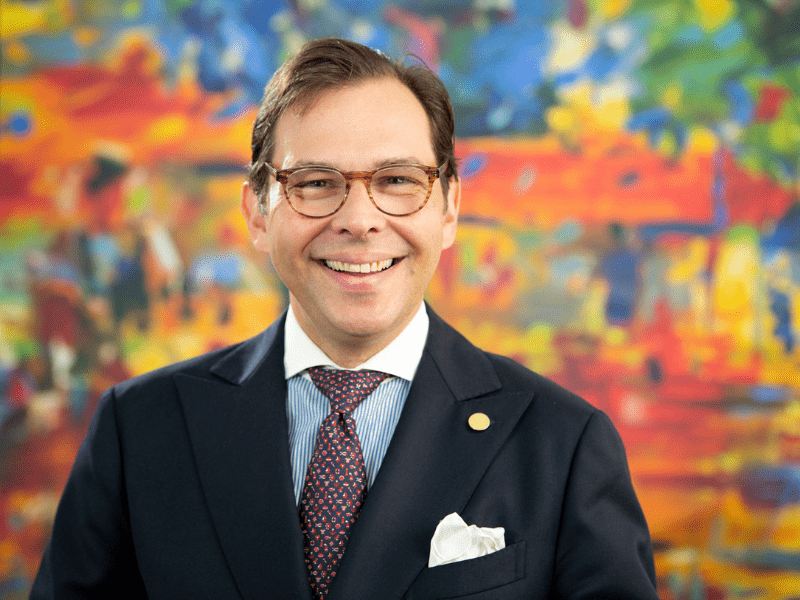

Frederic Sourgens is the James McCulloch Chair in Energy Law at Tulane University Law School, where he directs the Center for Energy Law. He has authored or edited 15 books including most recently 'Principles of International Energy Transition Law, Law as an Instrument of Development in the 21st Century.' (with Leonardo Sempertegui). His book Good Faith in Transnational Law, A Pluralist Account was recently recognized as the Book of the Year 2023 by the American Branch of the International Law Association (ABILA). His research focuses on the law governing energy transition both globally and in the U.S. context.
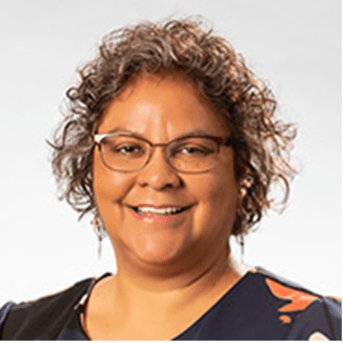

Pilar Thomas (Pascua Yaqui) is a partner in Quarles & Brady's Energy, Environment & Natural Resources Practice Group. She serves as general counsel for several tribes, Section 17 and tribal business entities, with an emphasis on clean energy development and finance and economic development on Indian lands. She has been in private practice for over 10 years. Ms. Thomas previously served as the Deputy Director for the Office of Indian Energy in the US Department of Energy, Deputy Solicitor of Indian Affairs for the US Department of the Interior, Interim Attorney General and Chief of Staff for Pascua Yaqui Tribe, and a trial attorney in the US Department of Justice, Environmental and Natural Resources Division, Indian Resources Section. She also serves as a Professor of Practice at both the University of Arizona School of Law and Arizona State University College of Law, where she teaches Indian Energy Law.
She received her J.D. from the University of New Mexico School of Law, magna cum laude, and her B.A. in Economics from Stanford University.
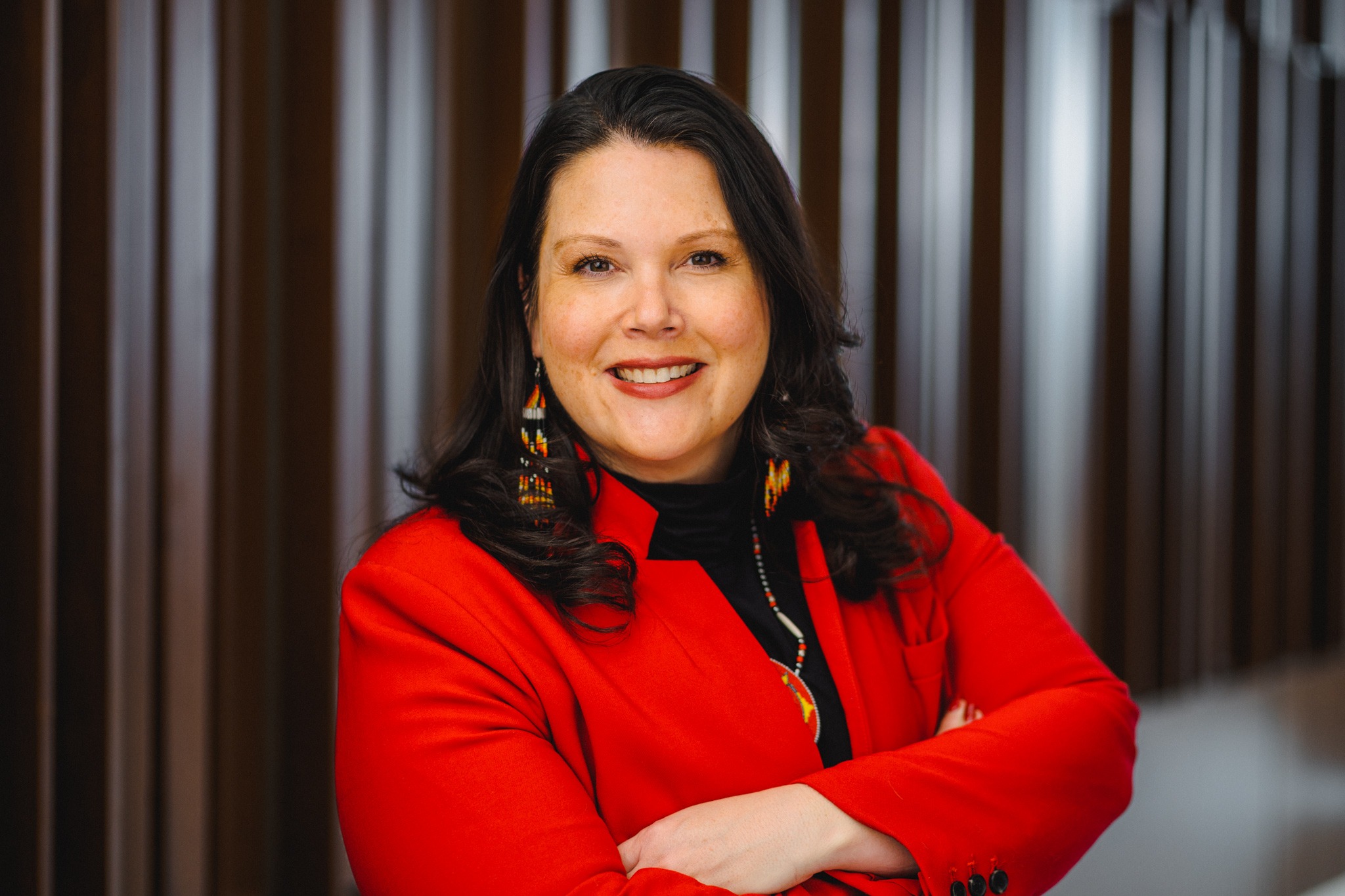

Elizabeth Kronk Warner is Dean and Professor of Law at the S.J. Quinney College of Law at the University of Utah. She was formerly Associate Dean and Professor of Law at the University of Kansas School of Law (KU), where she was also the Director of the Tribal Law and Government Center. Dean Kronk Warner is a nationally recognized expert in the intersection of Environmental and Indian law. She has taught courses in Property, Indian, Environmental and Natural Resources Law, and supervised the KU Tribal Judicial Support Clinic. She has received several teaching excellence awards, co-authored several books on environmental issues and Native Americans, and has over 40 articles and book chapters to her credit. Dean Kronk Warner, a citizen of the Sault Ste. Marie Tribe of Chippewa Indians, served as an appellate judge for the tribe and as a district judge for the Prairie Band Potawatomi Tribe. Dean Kronk Warner previously was an active member of the Federal Bar Association, serving on its national Board of Directors. In 2014, she received the Federal Bar Association President’s Award for leadership and extraordinary service, commitment, and guidance to the Federal Bar Association and its members. She is currently active in the American Bar Association, where she is co-chaired of the Native American Resources Committee. She holds a J.D. from the University of Michigan, a B.S. from Cornell University, and also studied at Nanyang Technological University in Singapore.
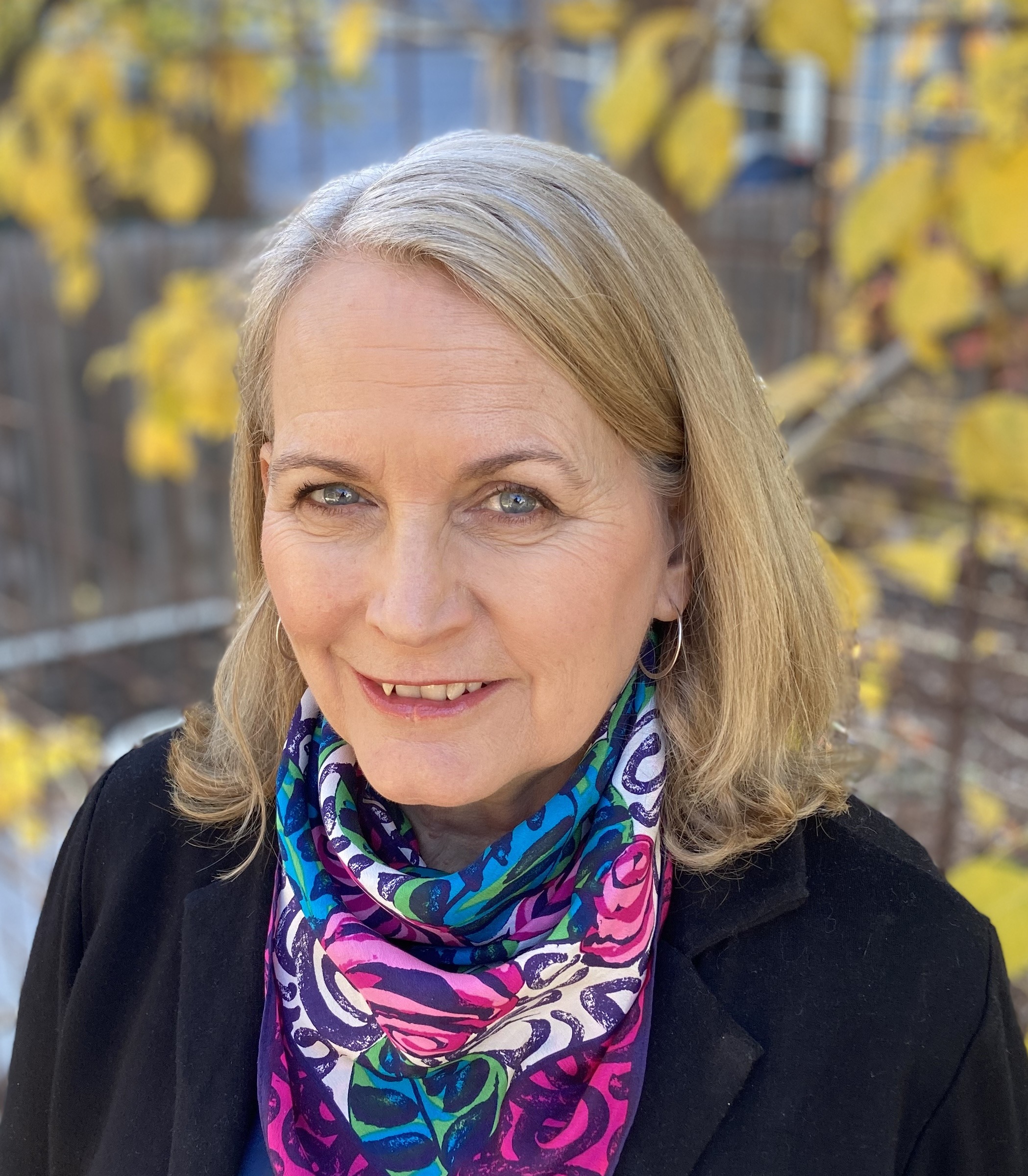

As the founder and CEO of Utah Clean Energy, Sarah Wright has dedicated the last 20 years to mitigating climate change. Sarah leads Utah Clean Energy, a non-profit, non-partisan organization committed to implementing transformative climate change solutions, improving Utahns’ lives, health, and economy now and for future generations. Through her years of work on clean energy and energy efficiency policy, utility intervention, and community programs, Sarah has built a reputation for collaborative problem solving, and is recognized as one of Utah’s foremost experts on clean energy and climate solutions. Sarah and Utah Clean Energy work from the premise that Utah can be the conservative state that leads on climate. Sarah holds a B.S. in Geology from Bradley University, and an M.S. in Public Health from the University of Utah.
